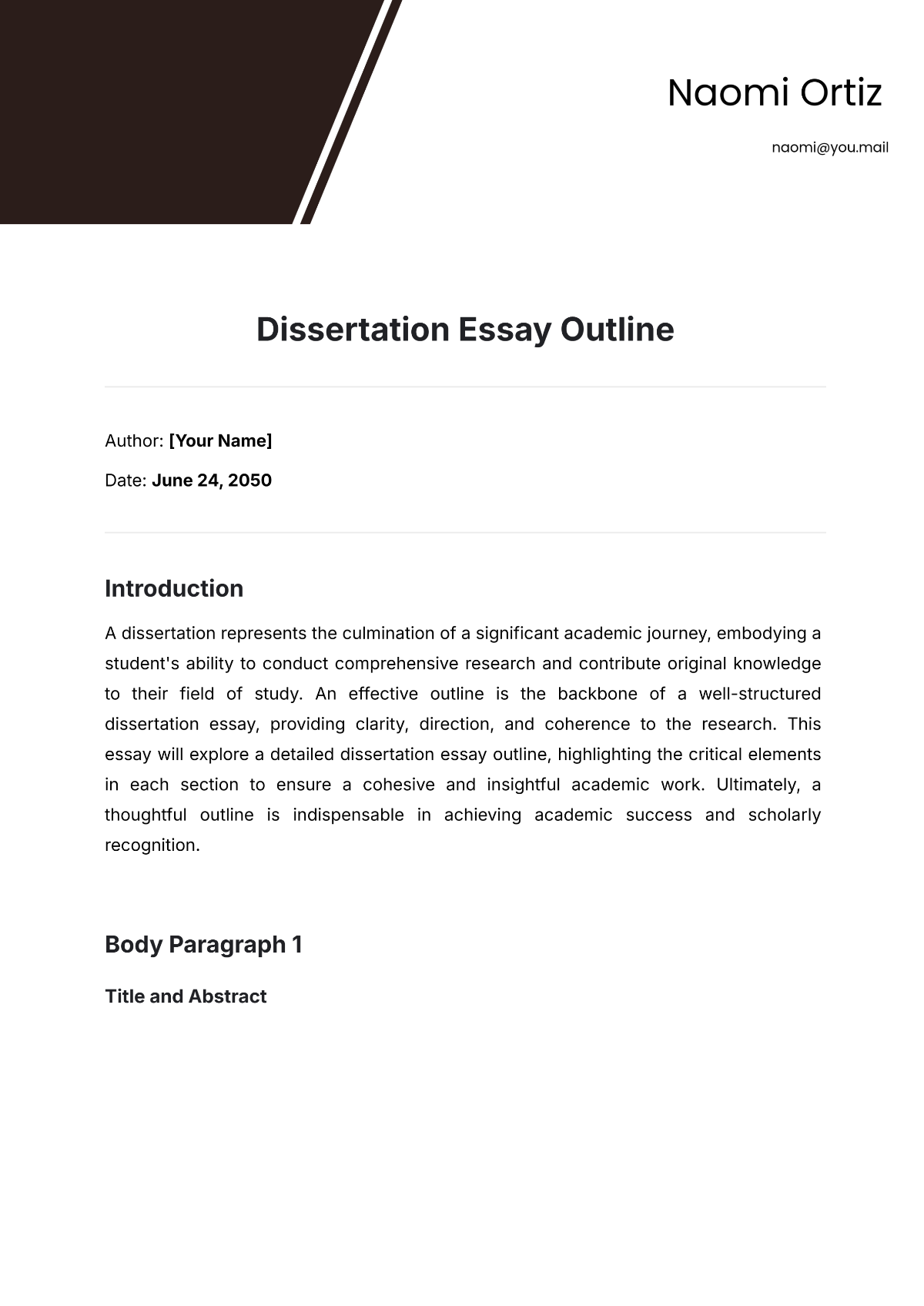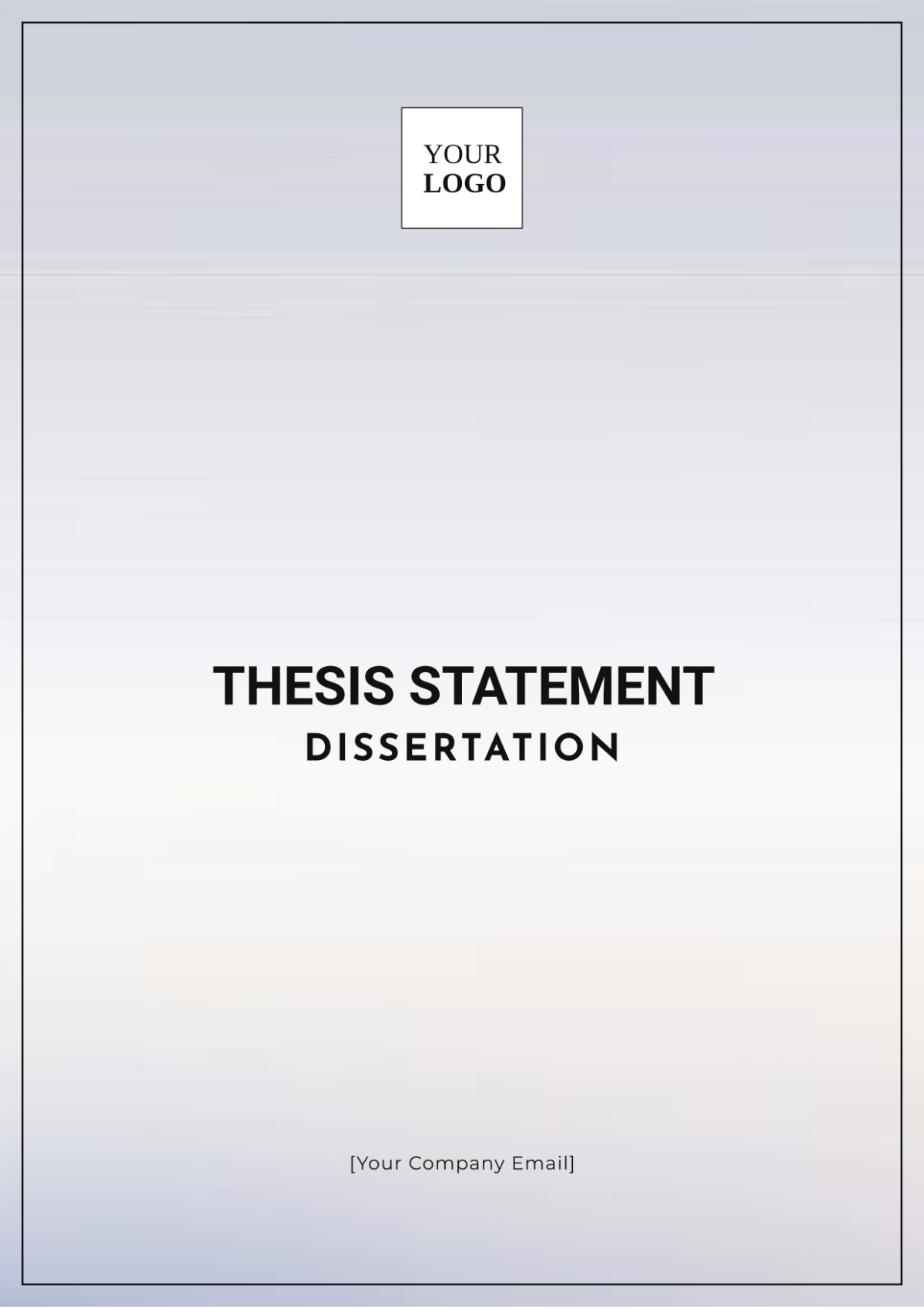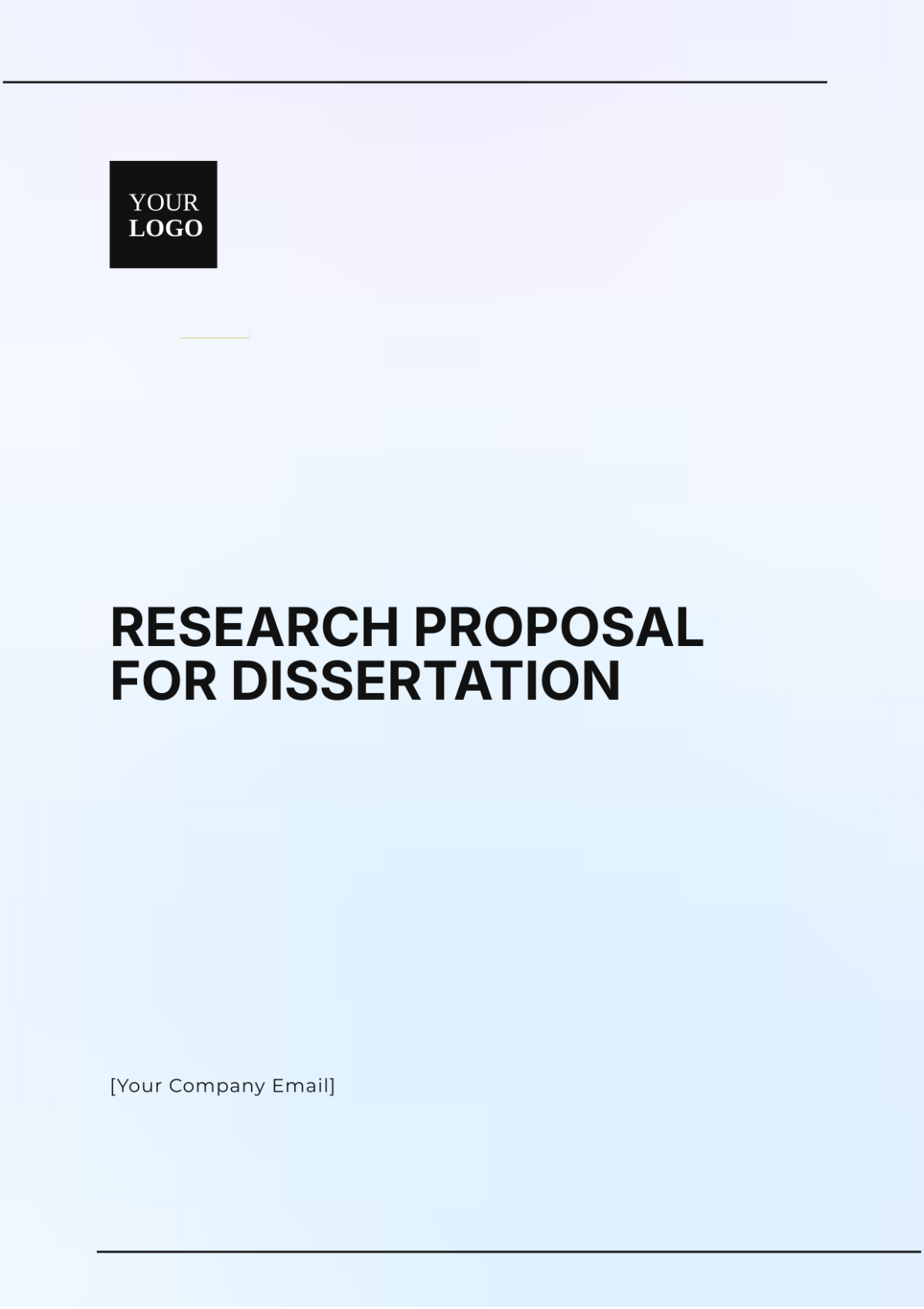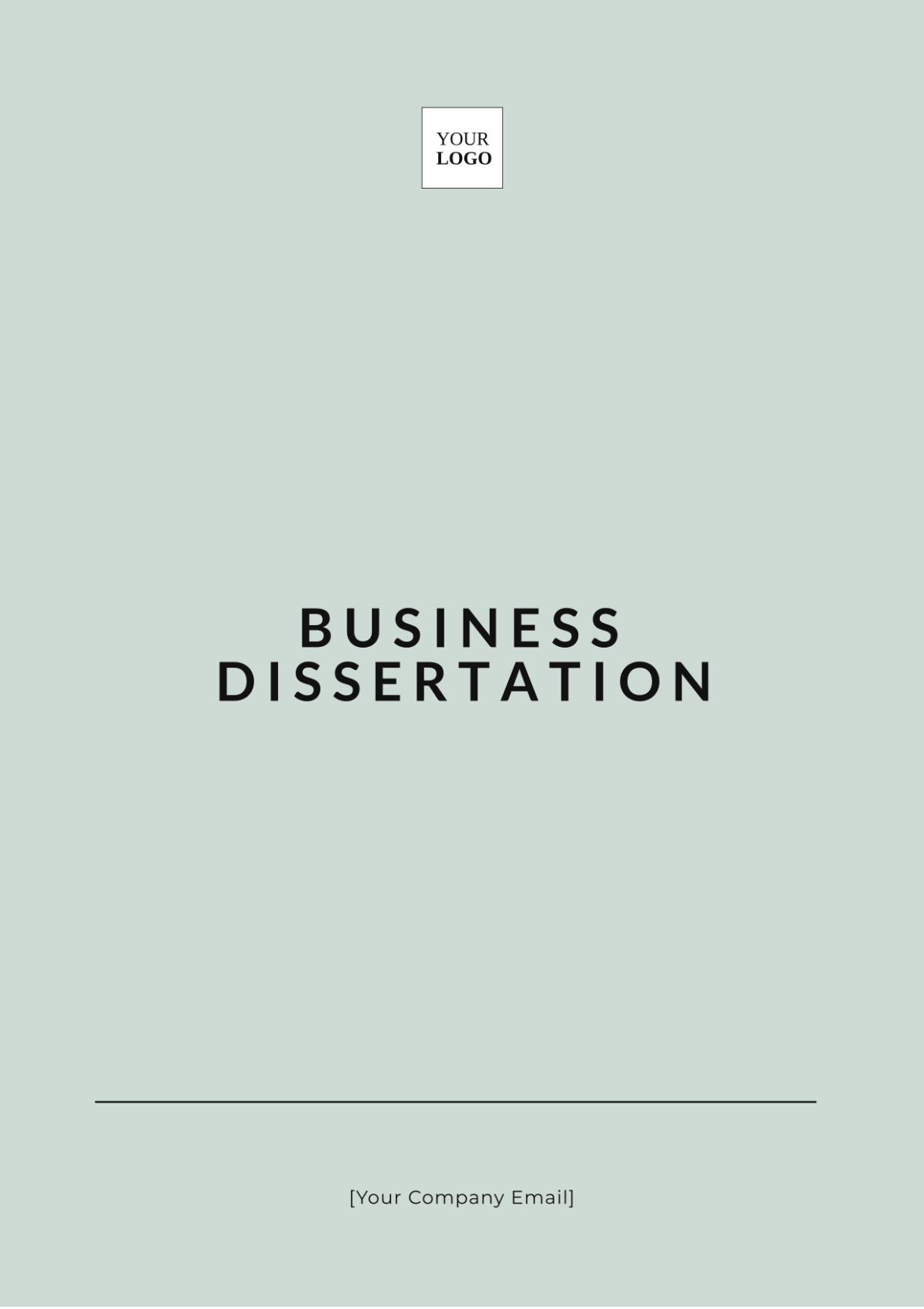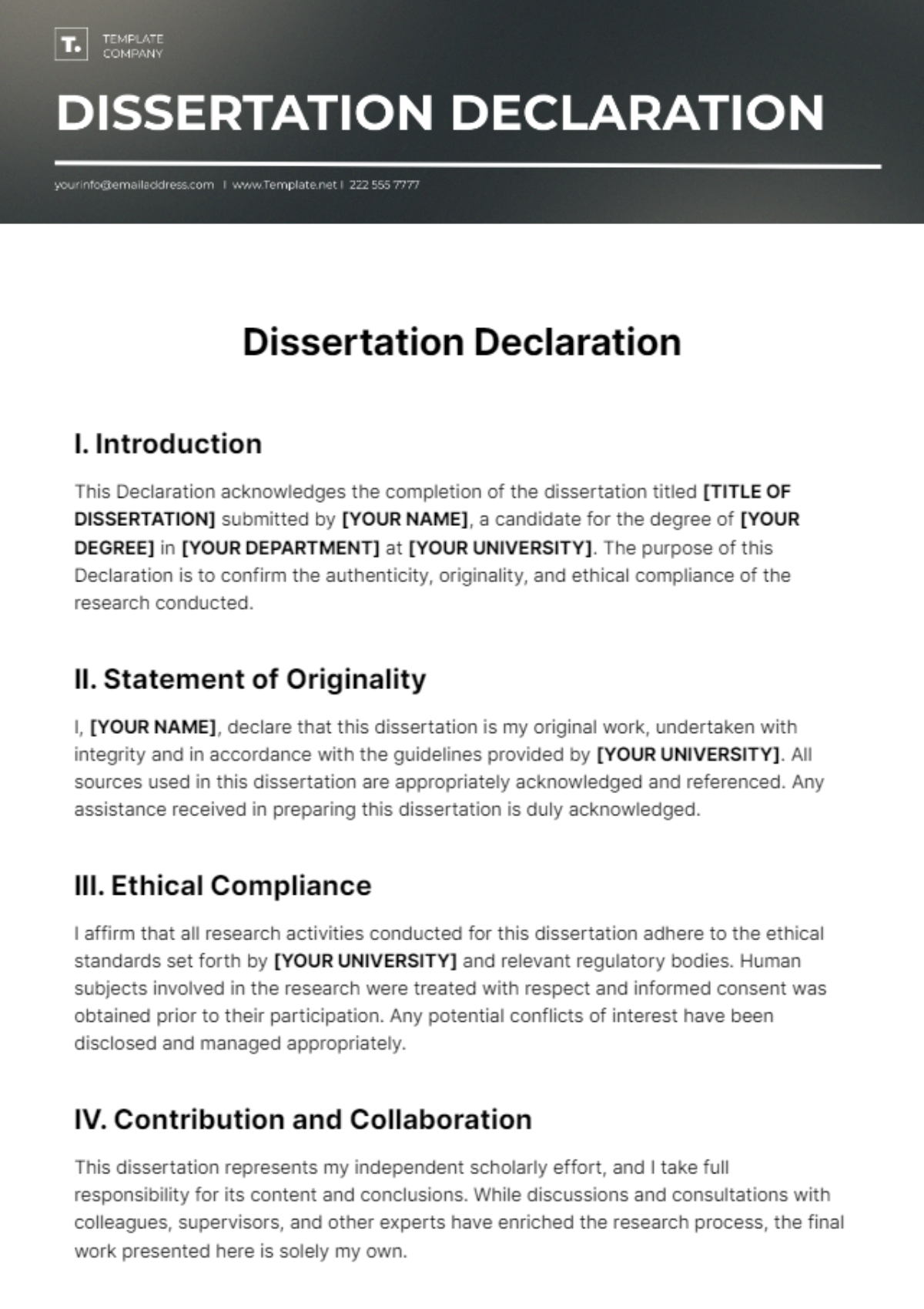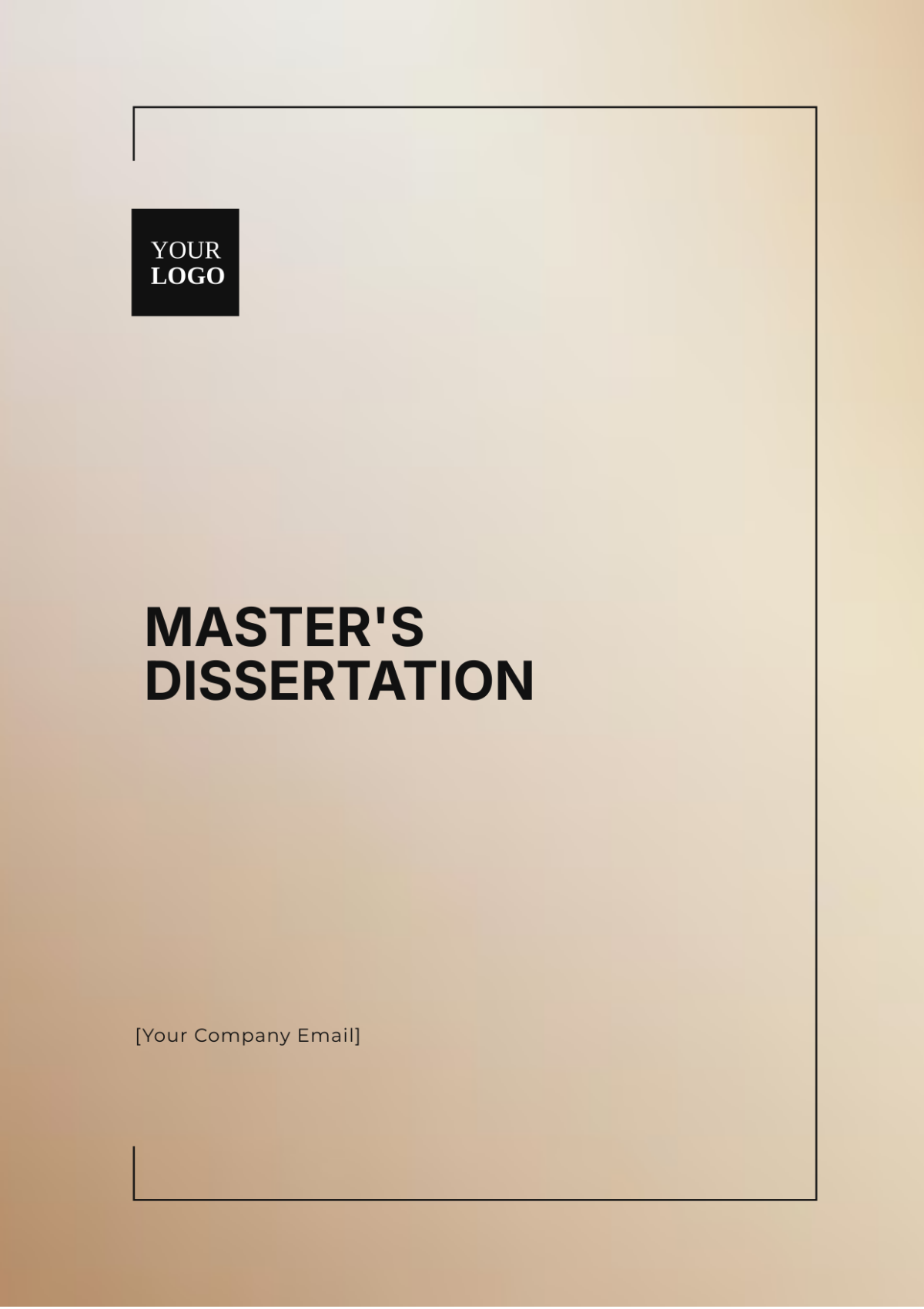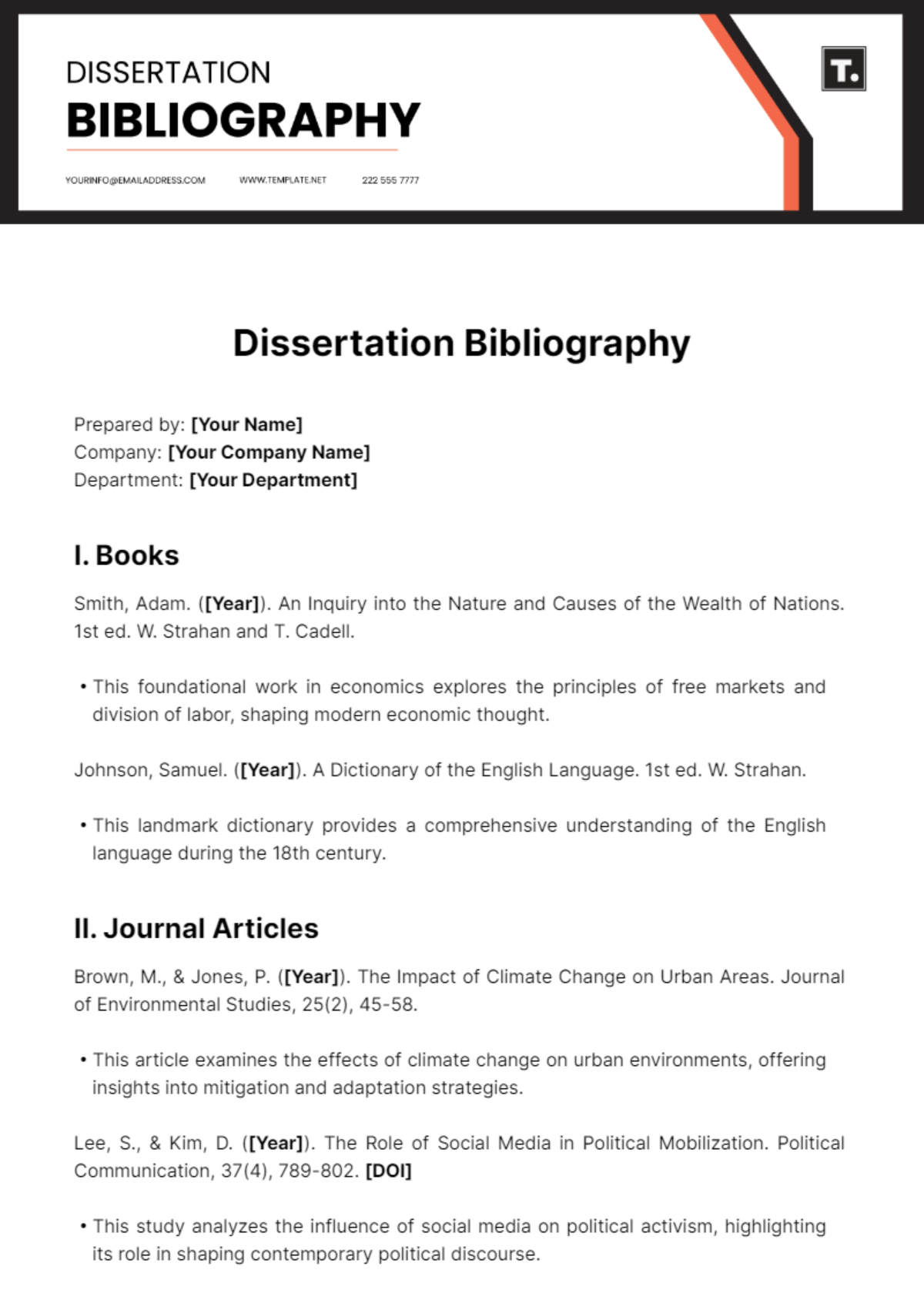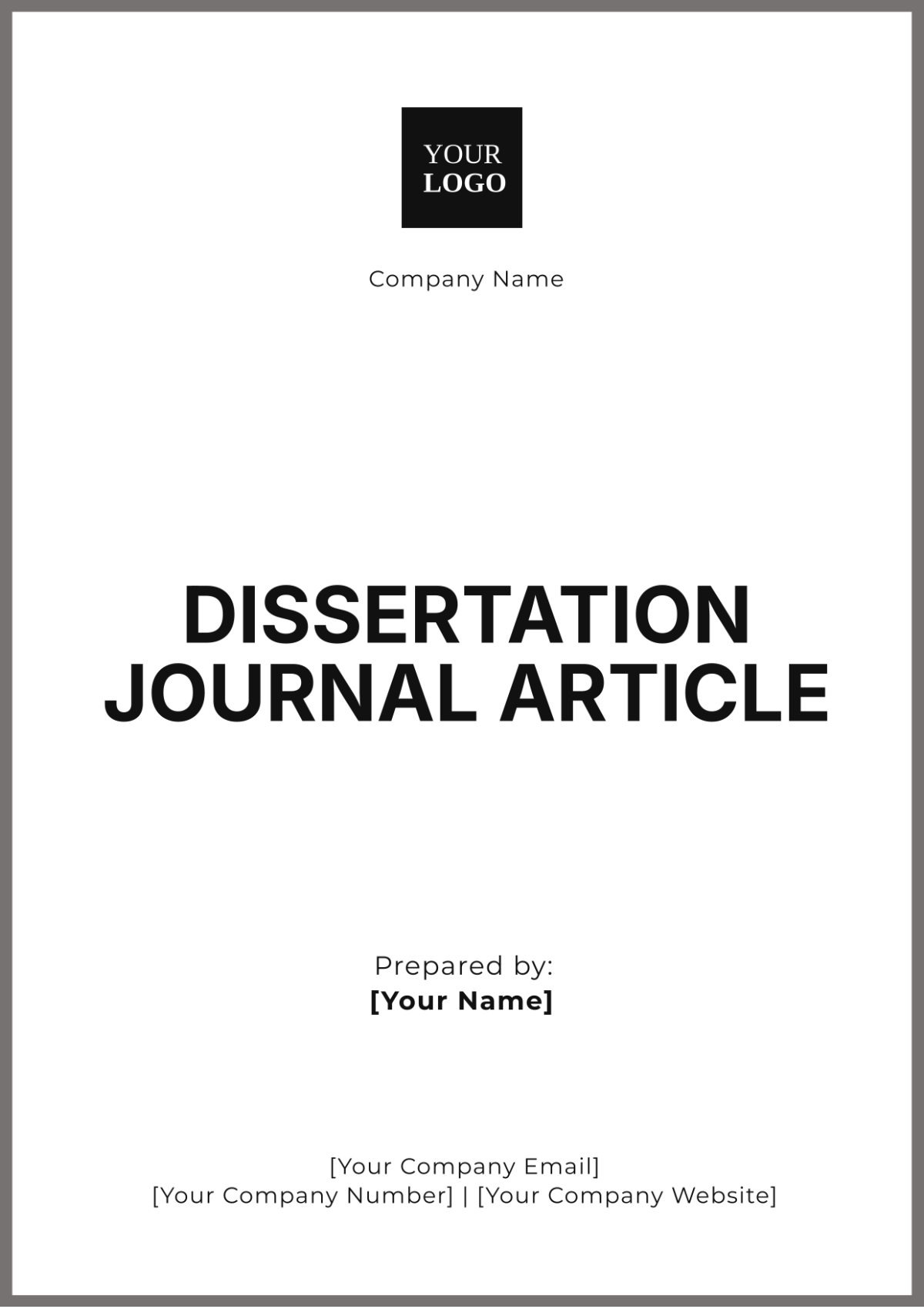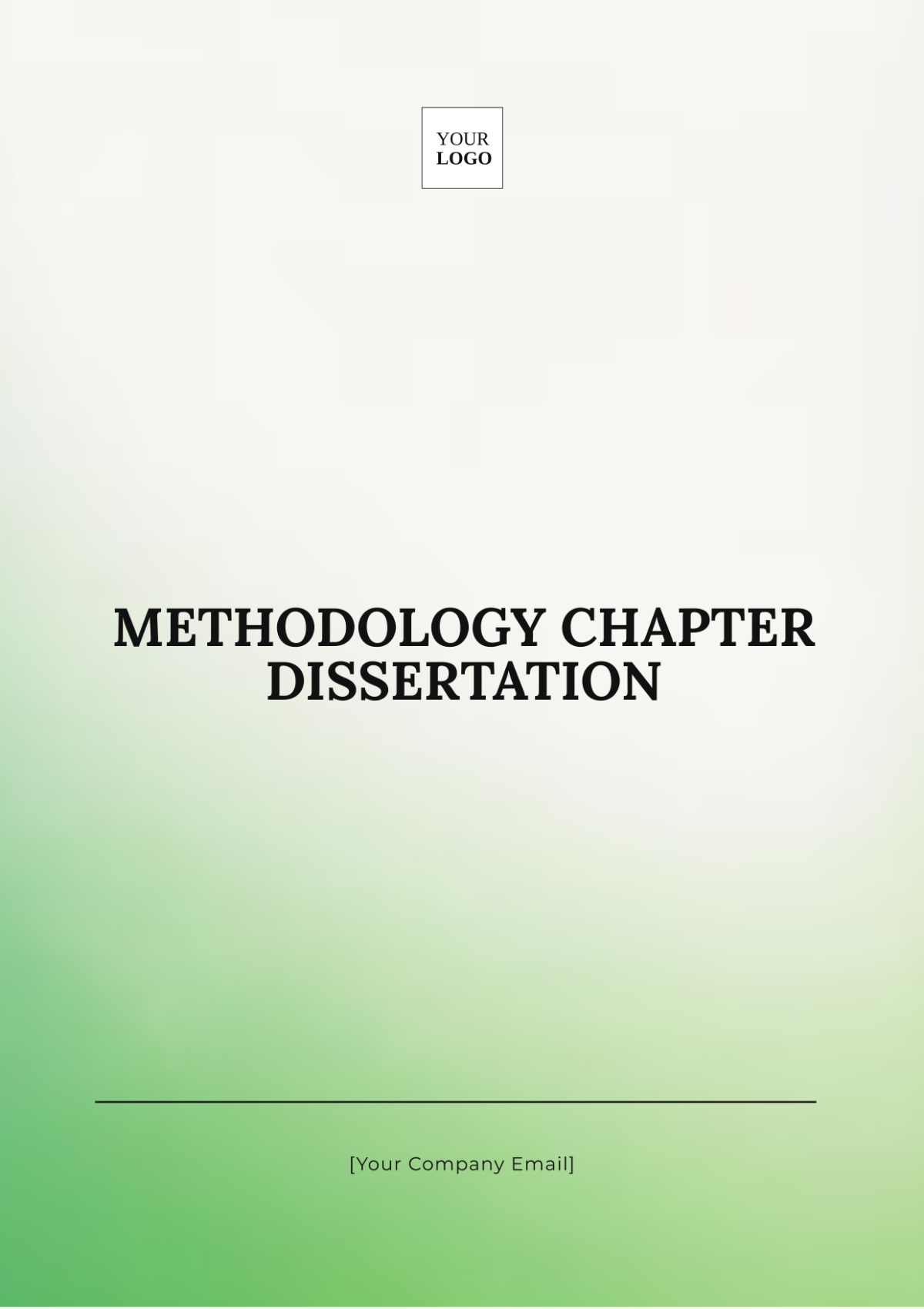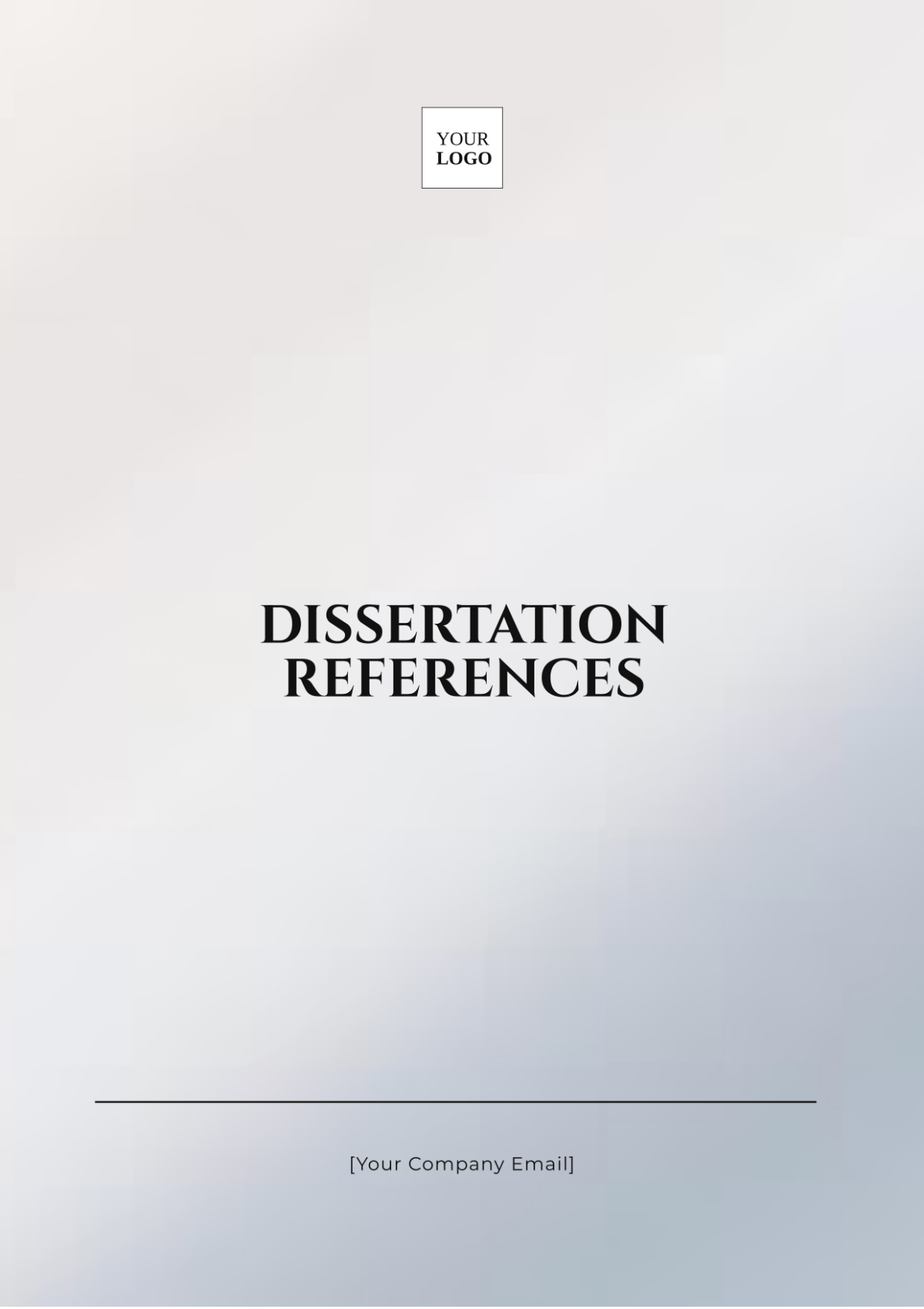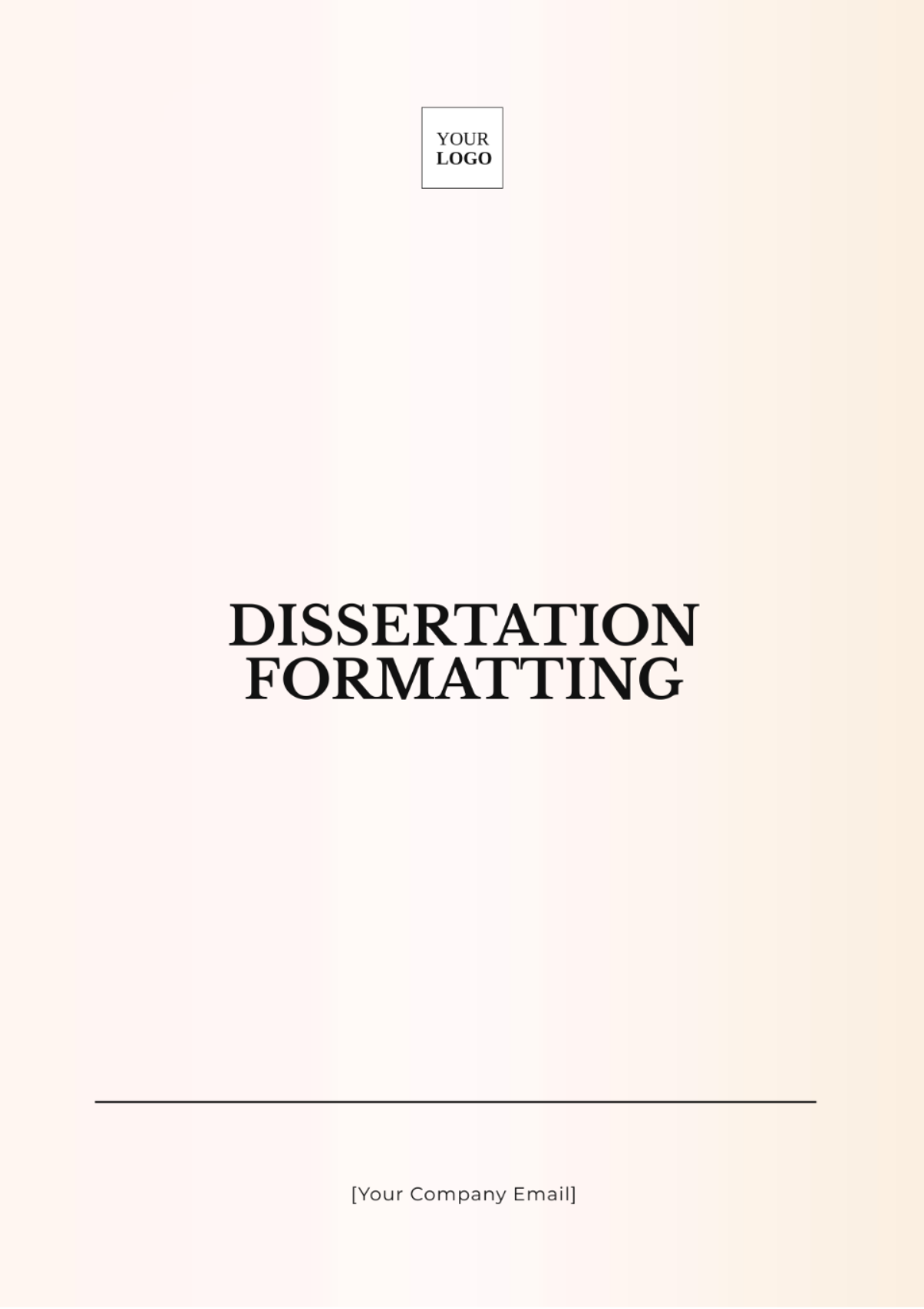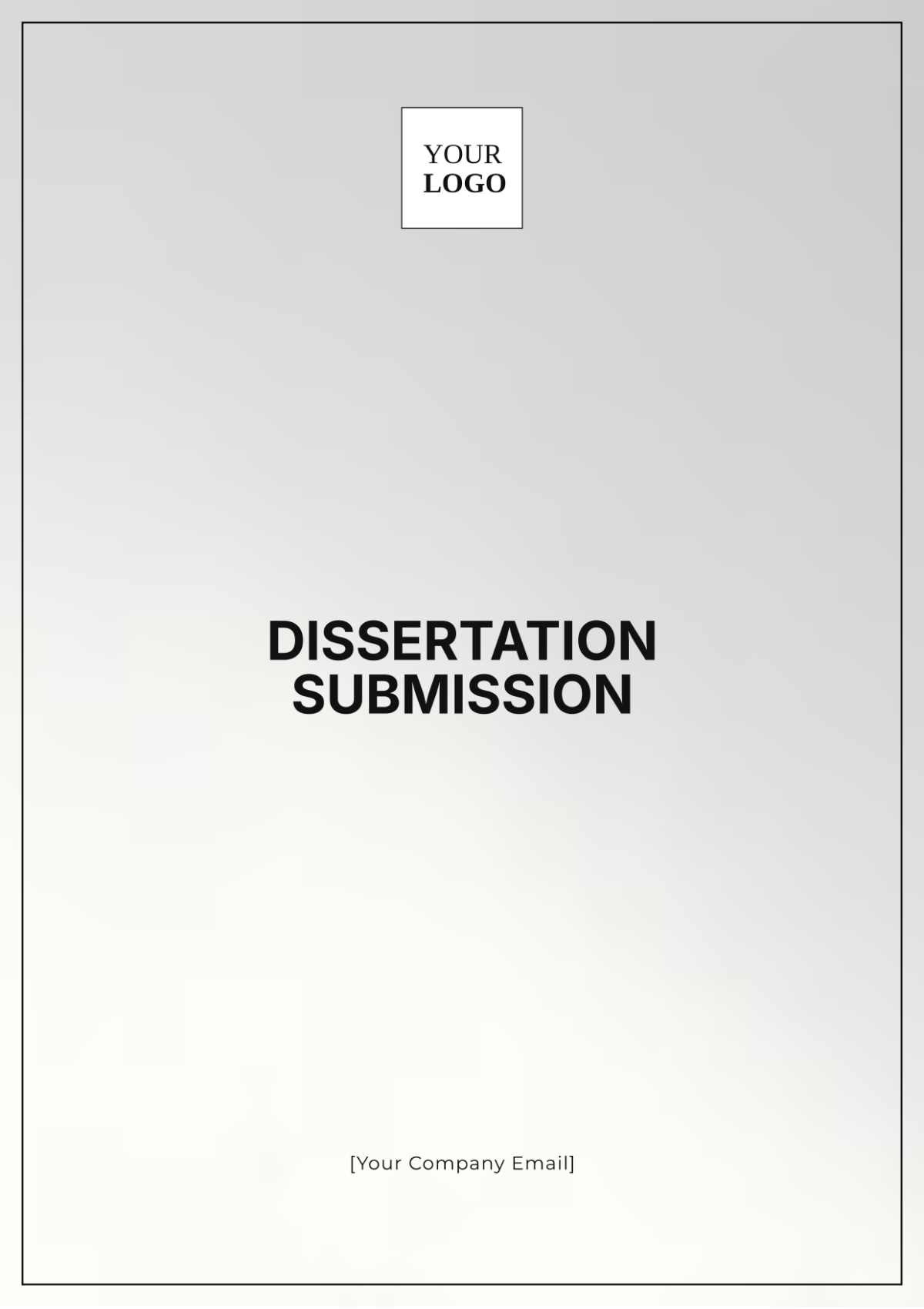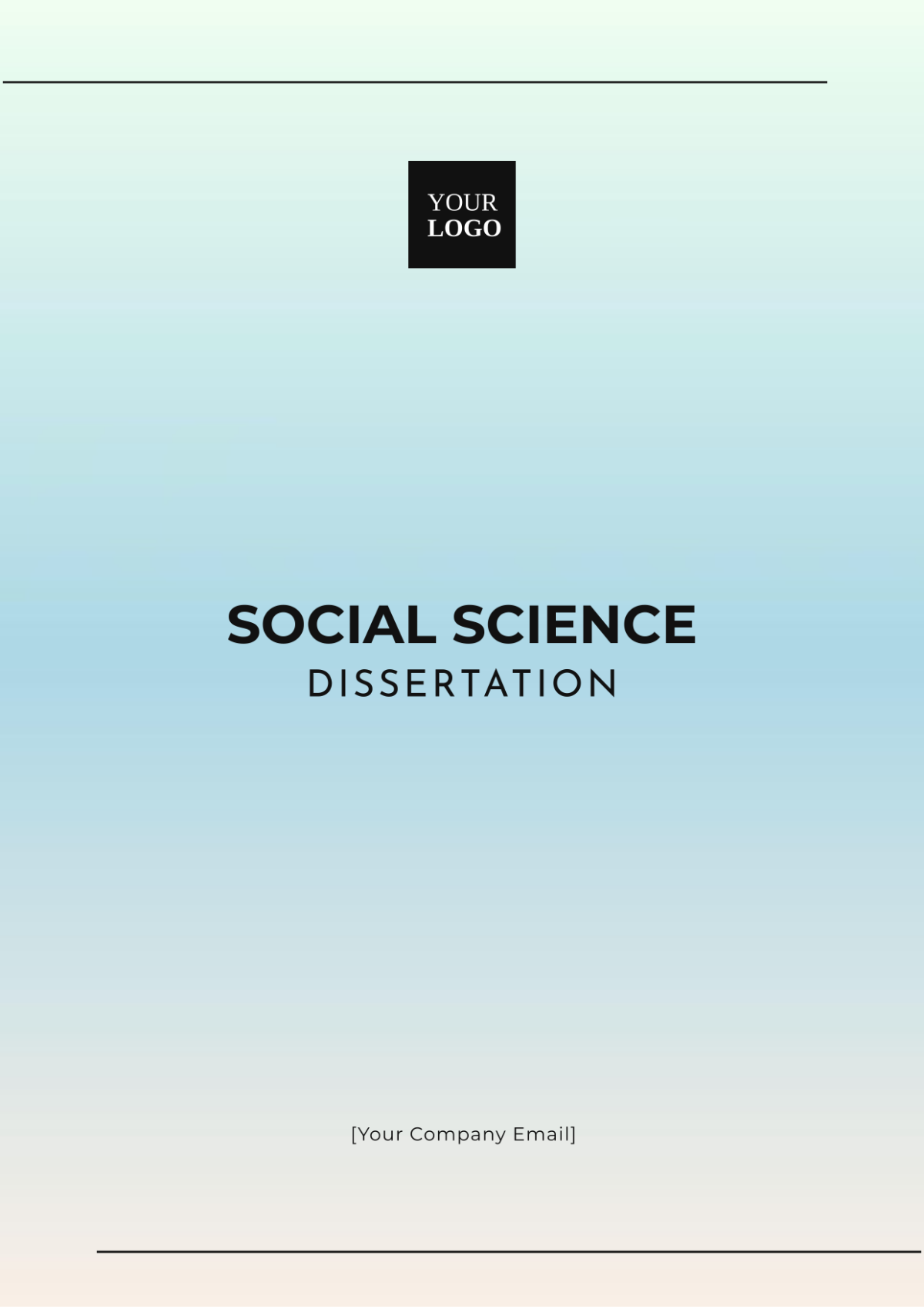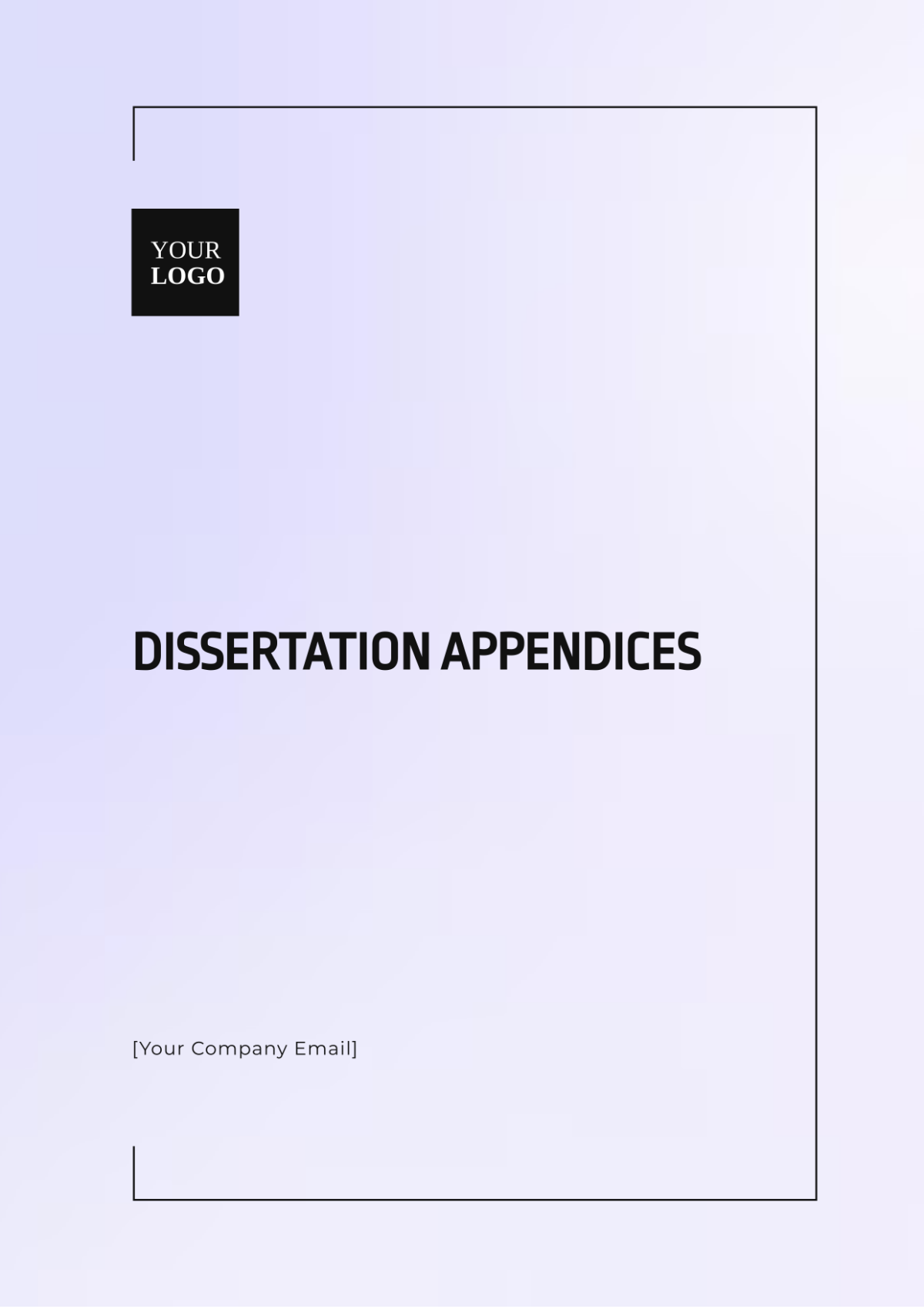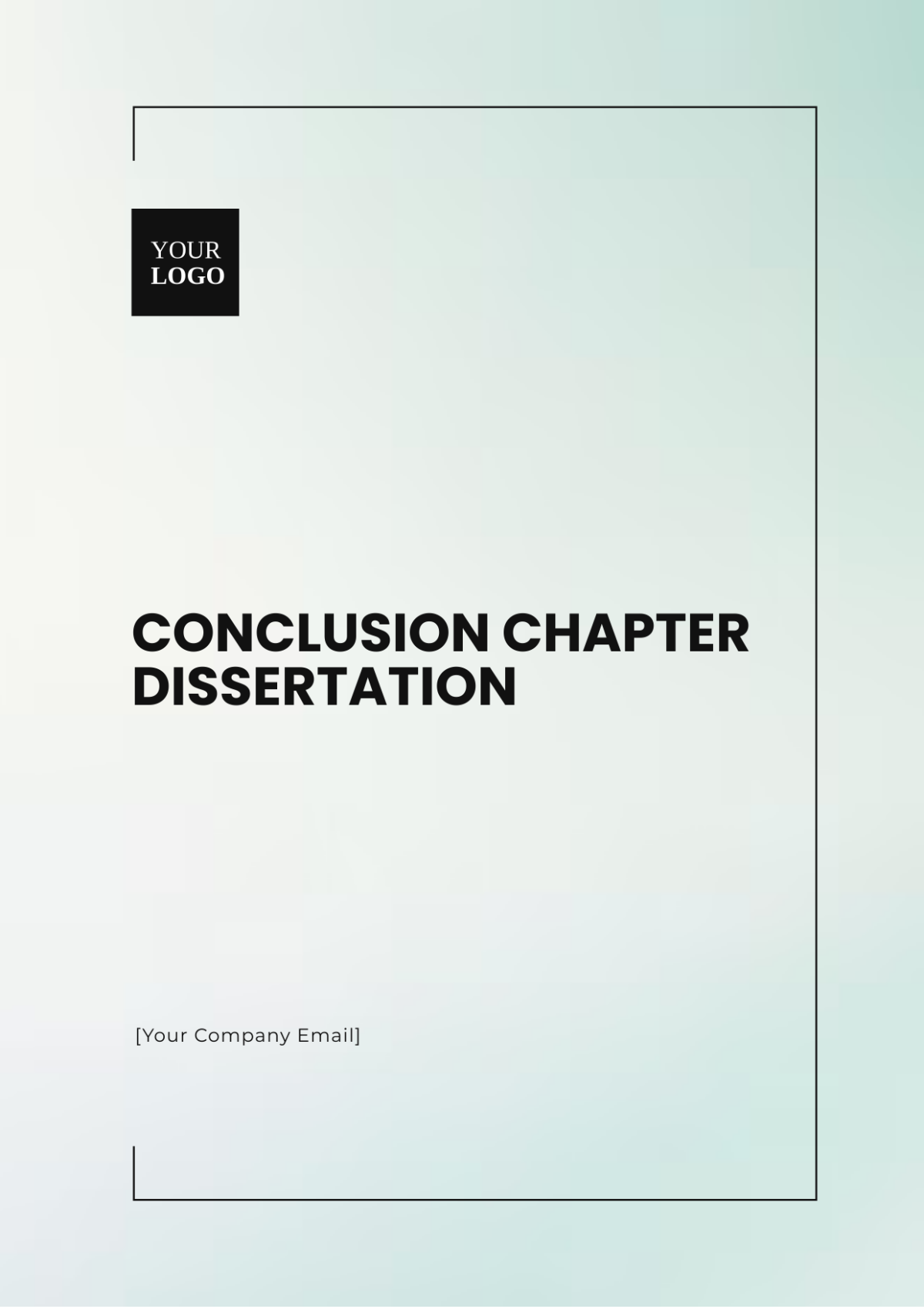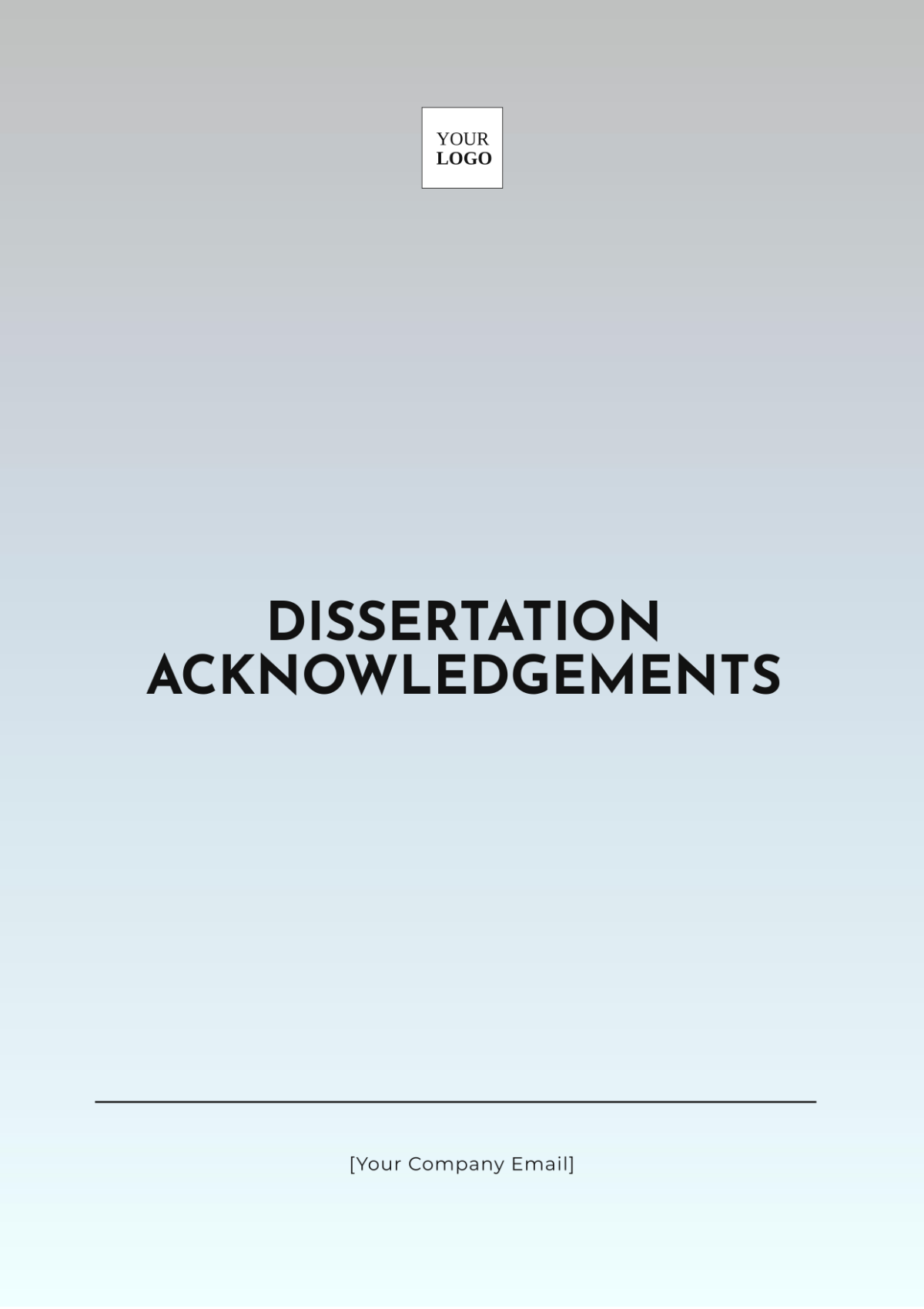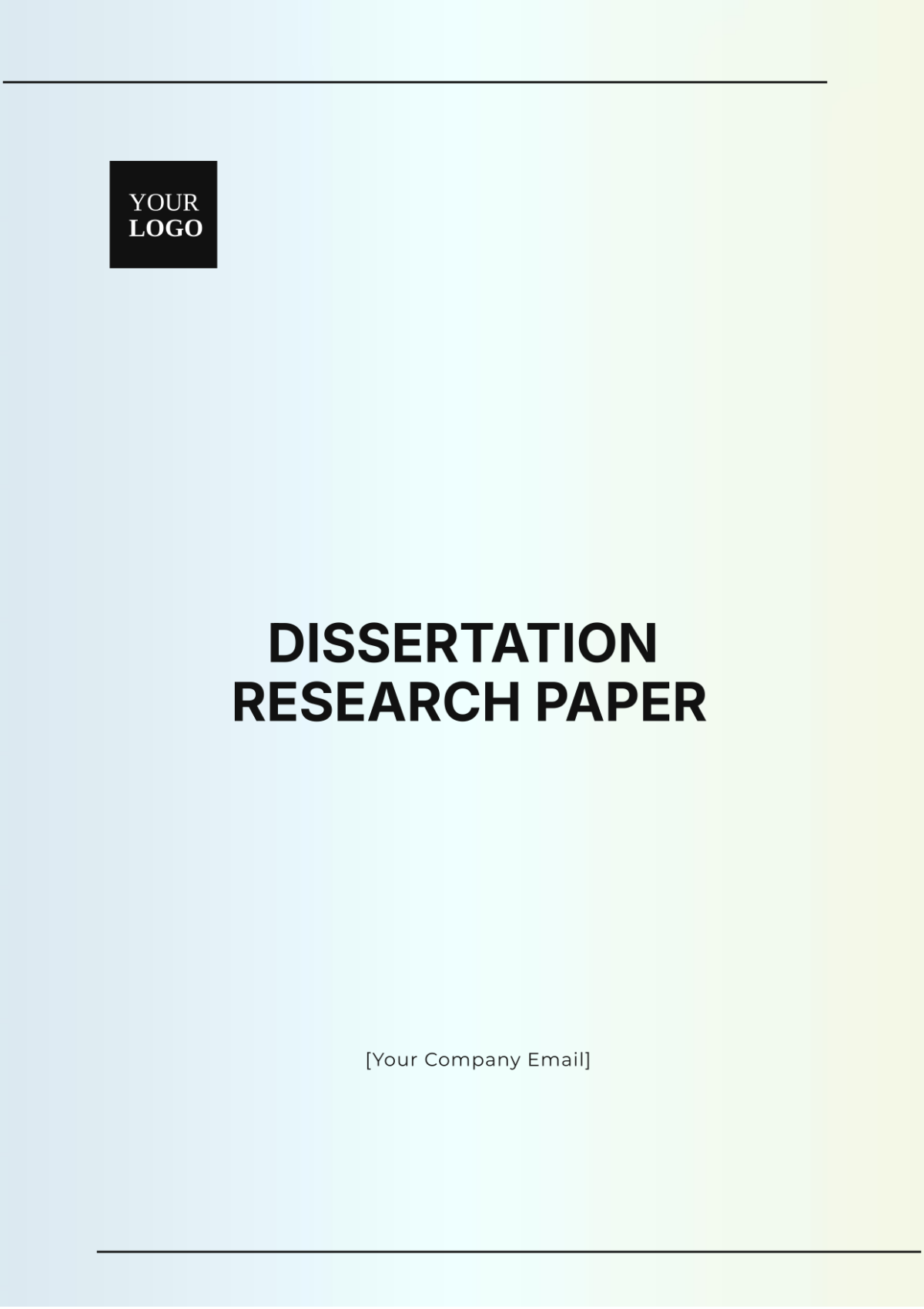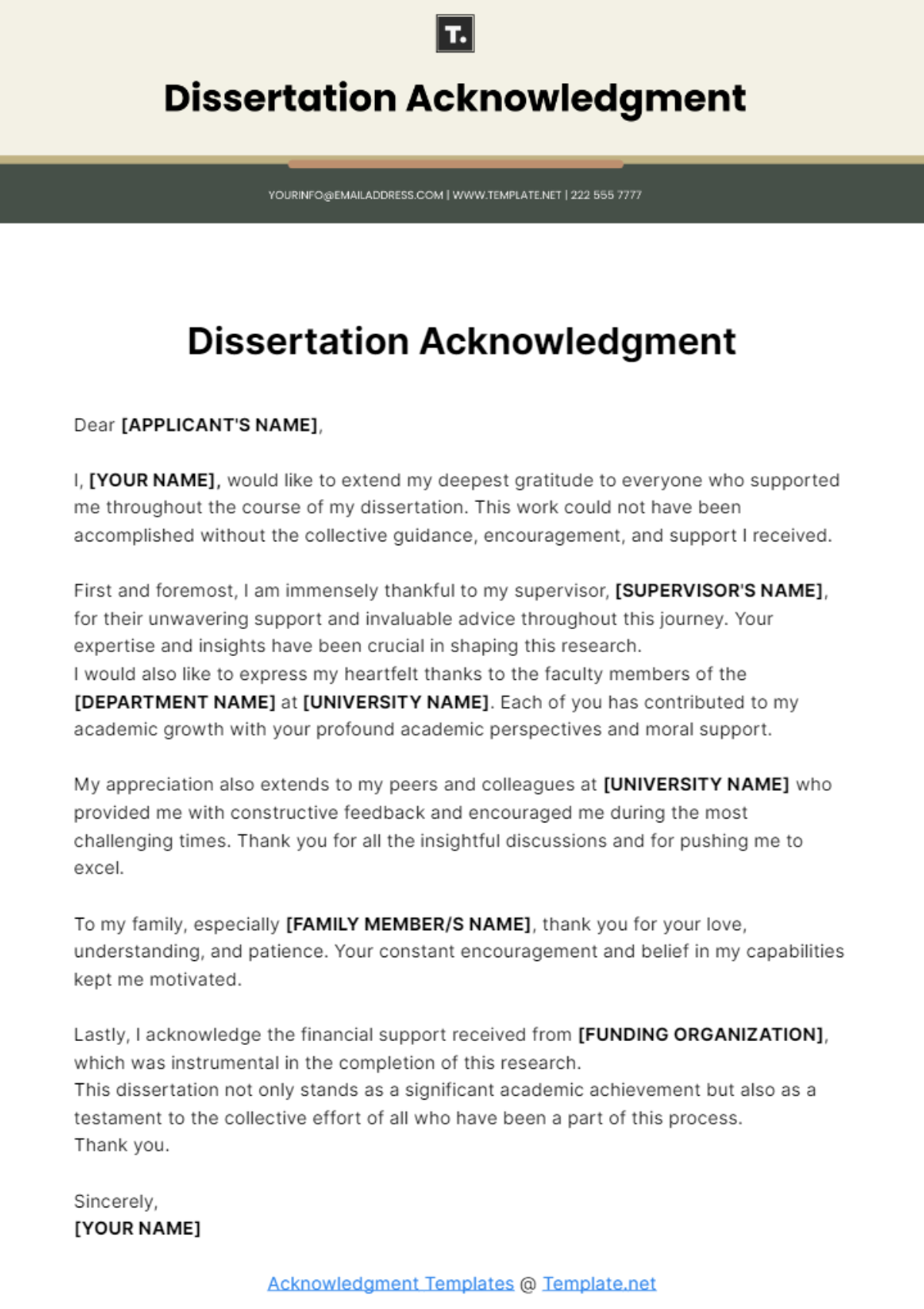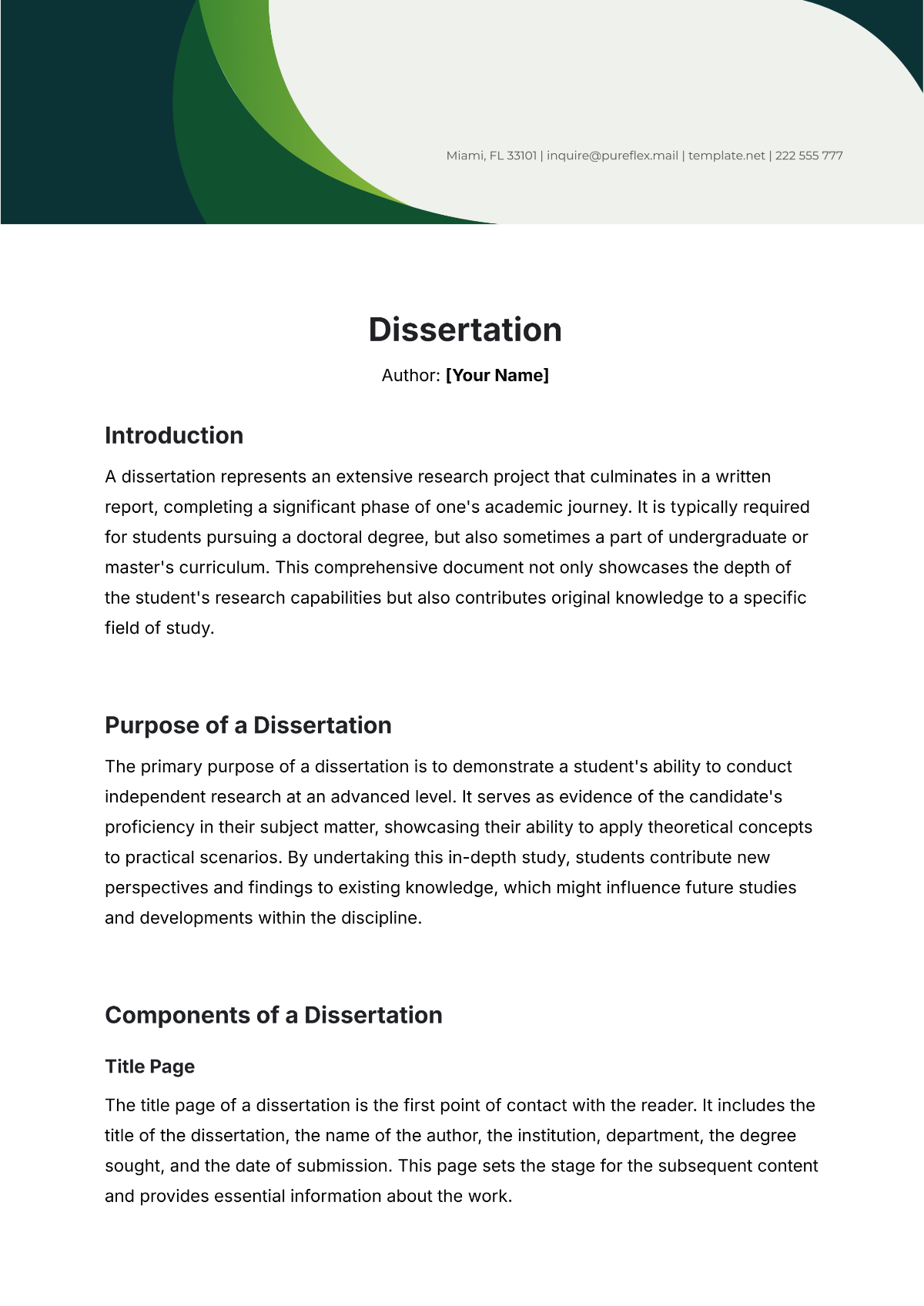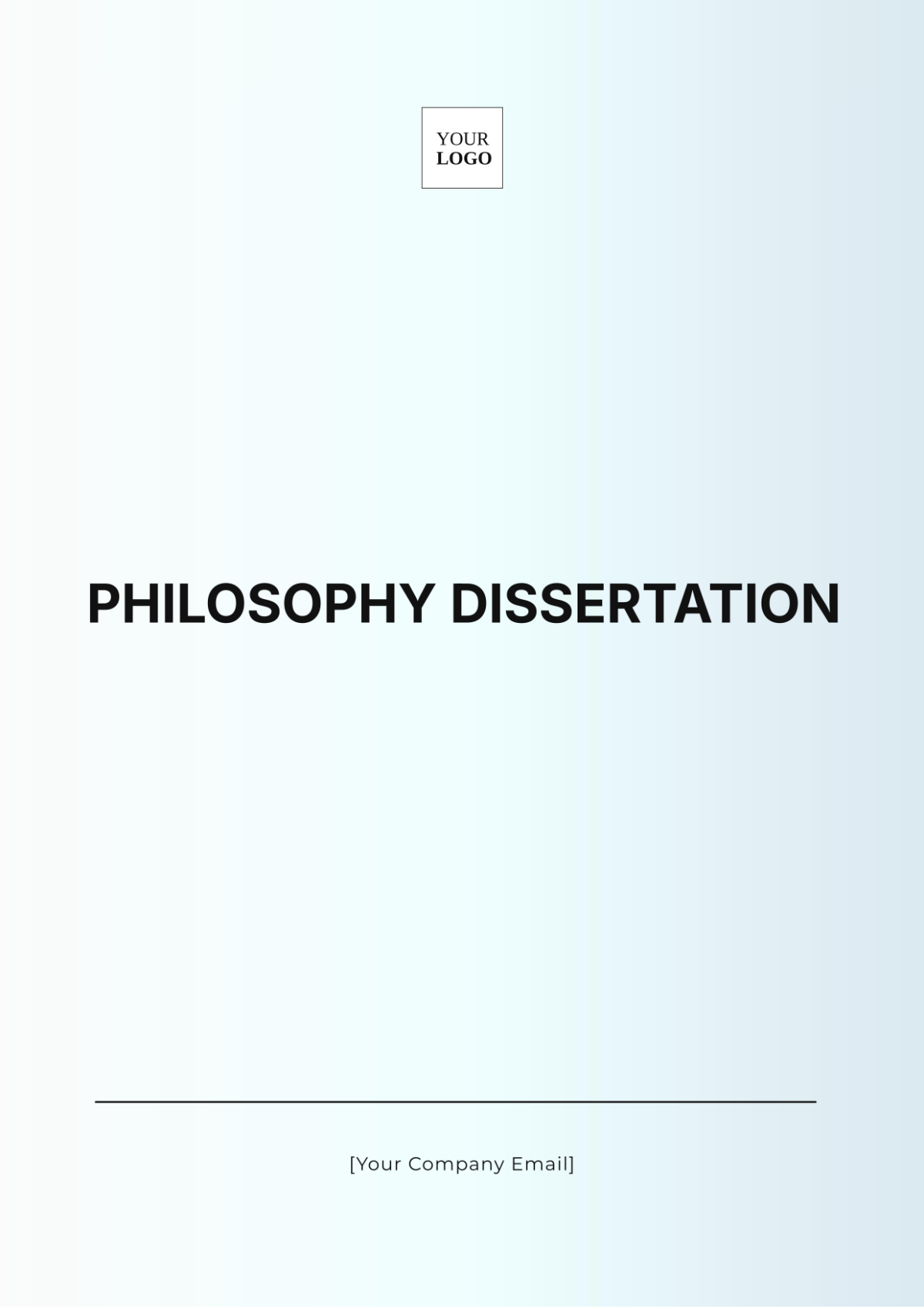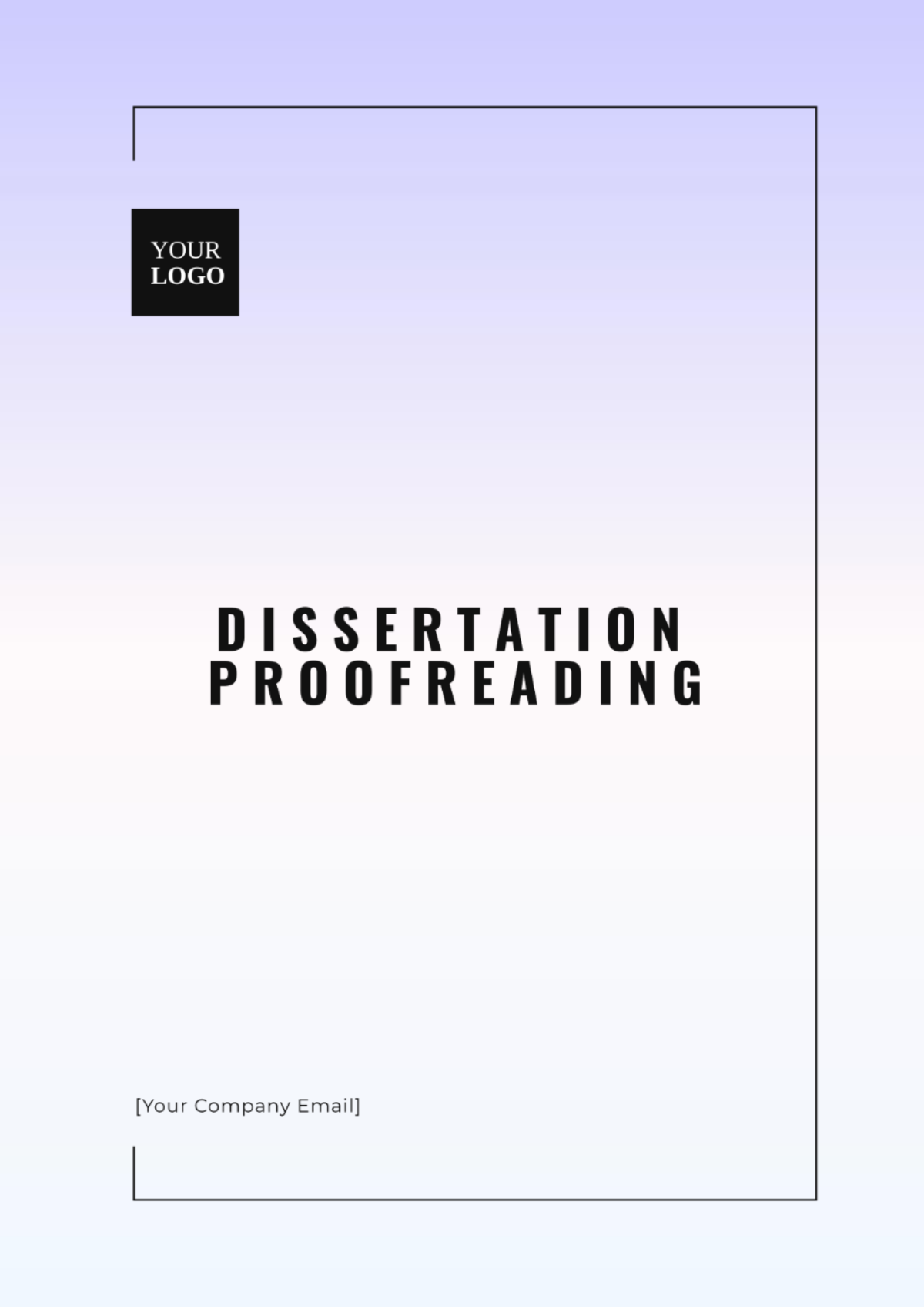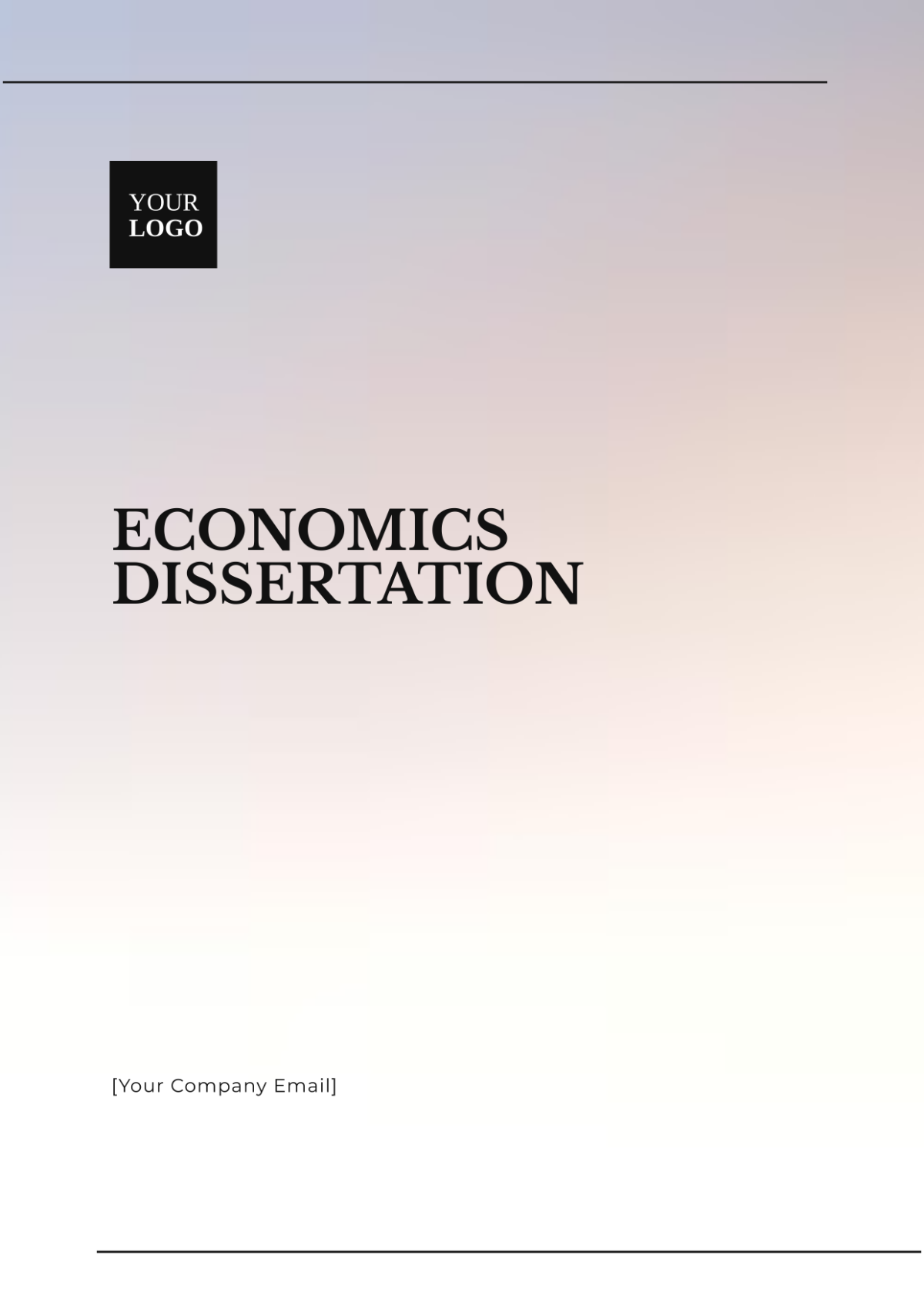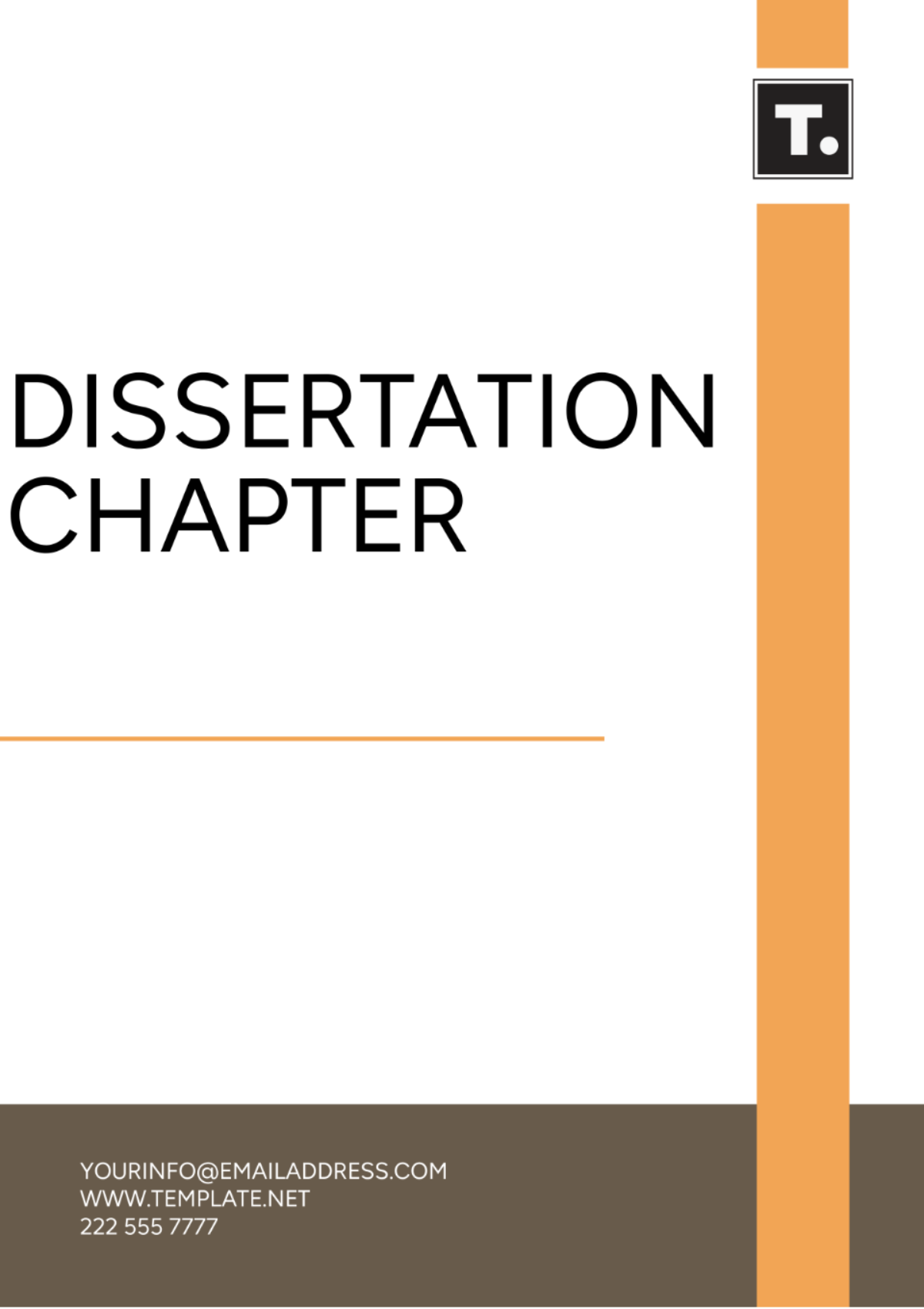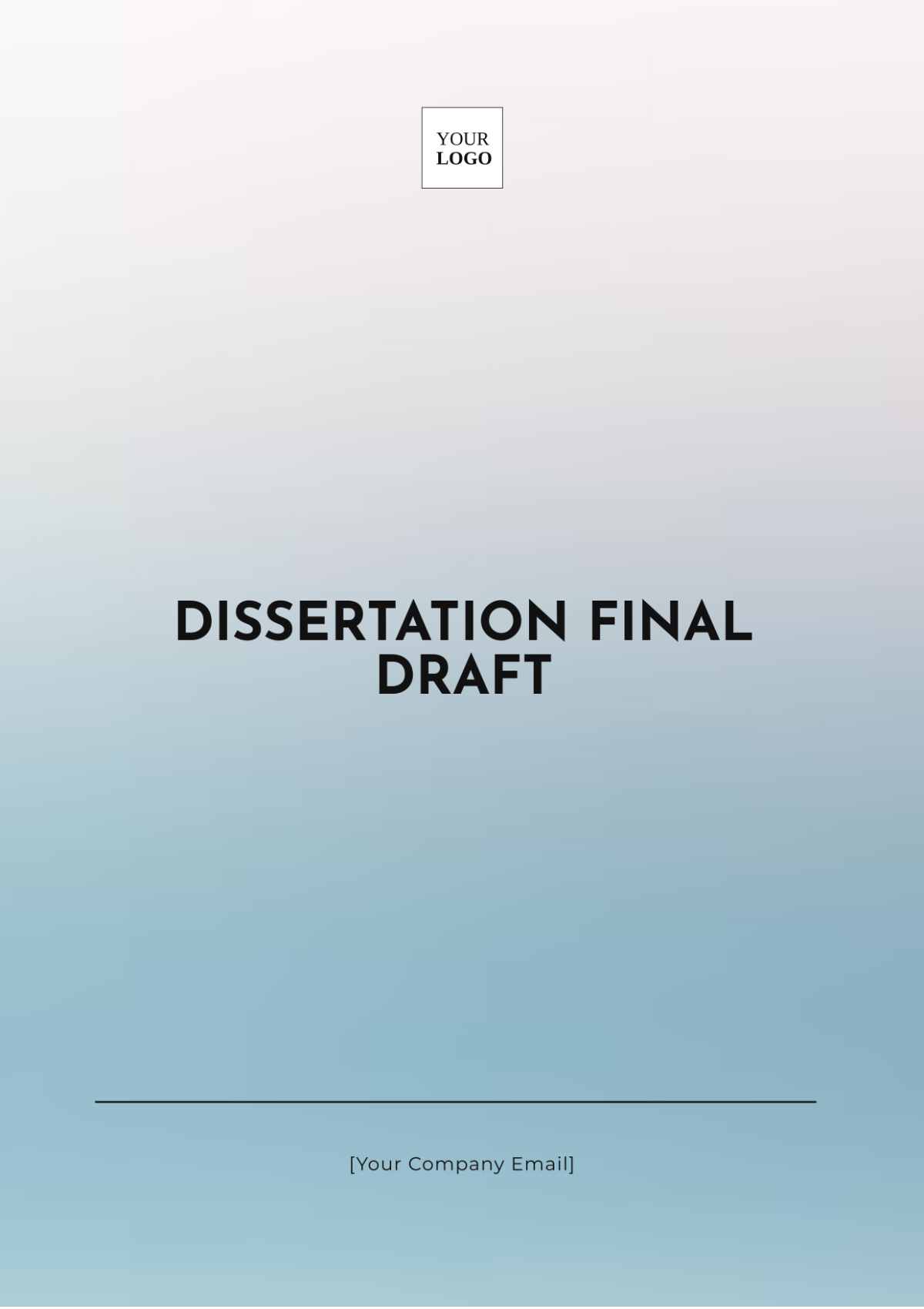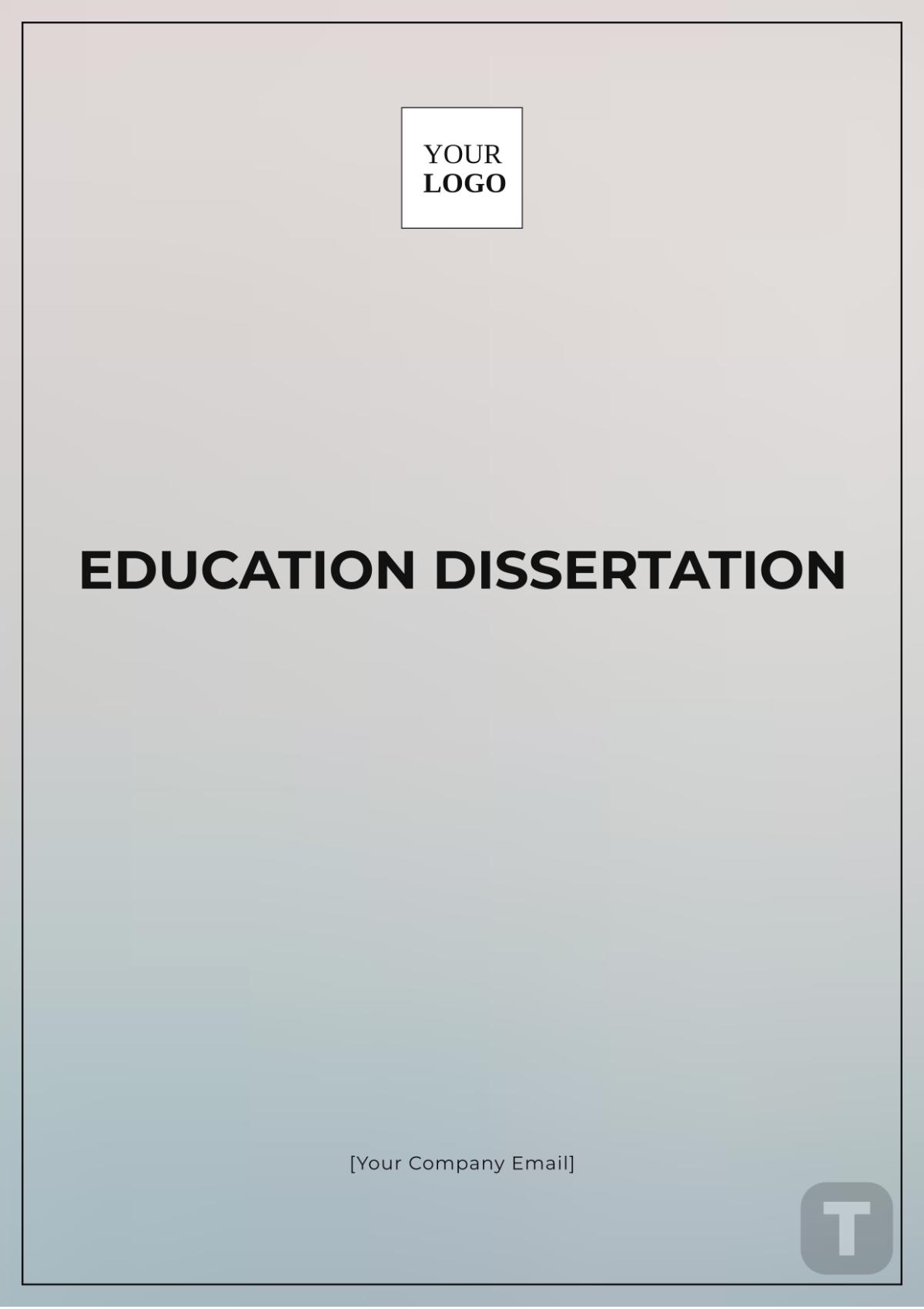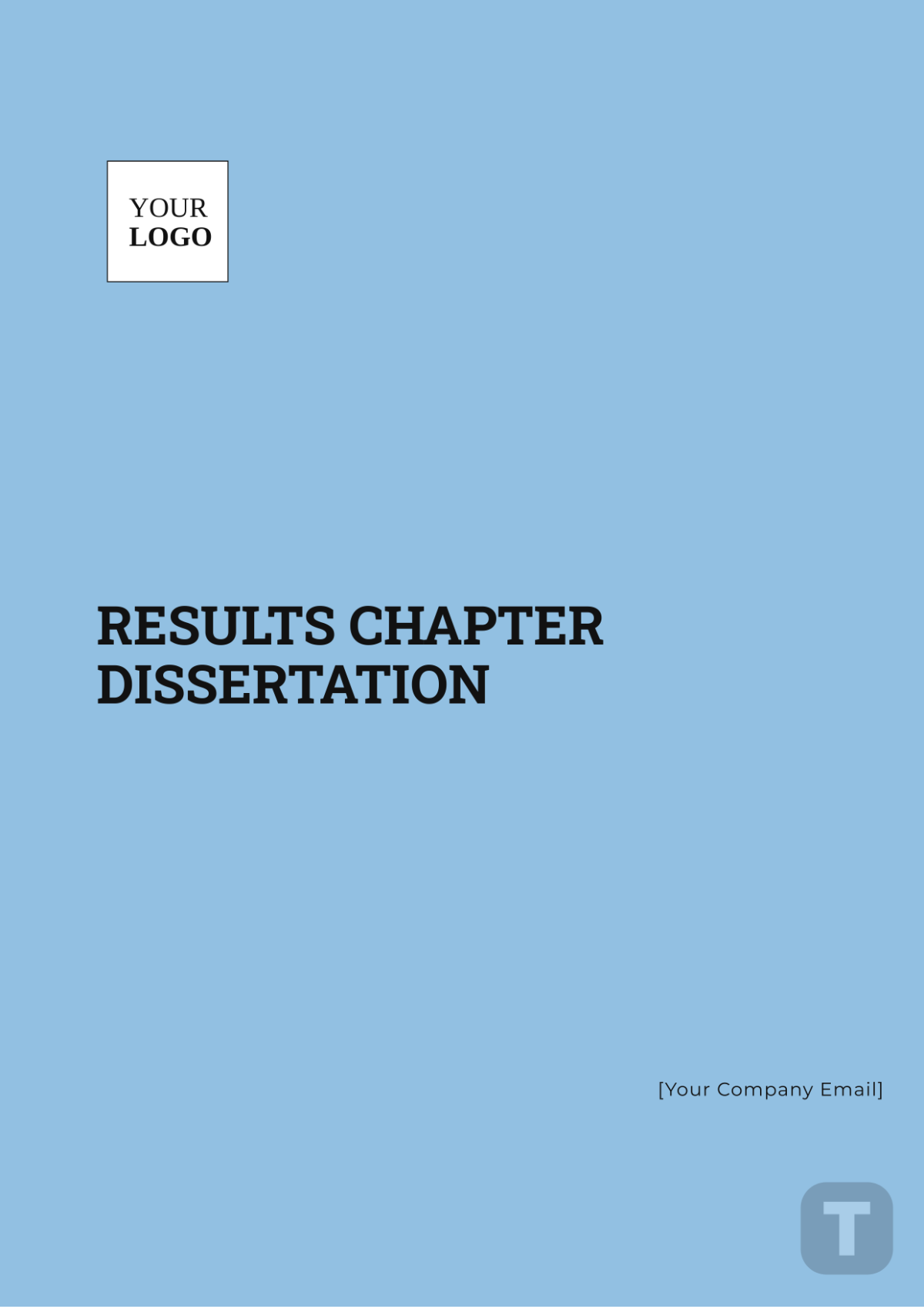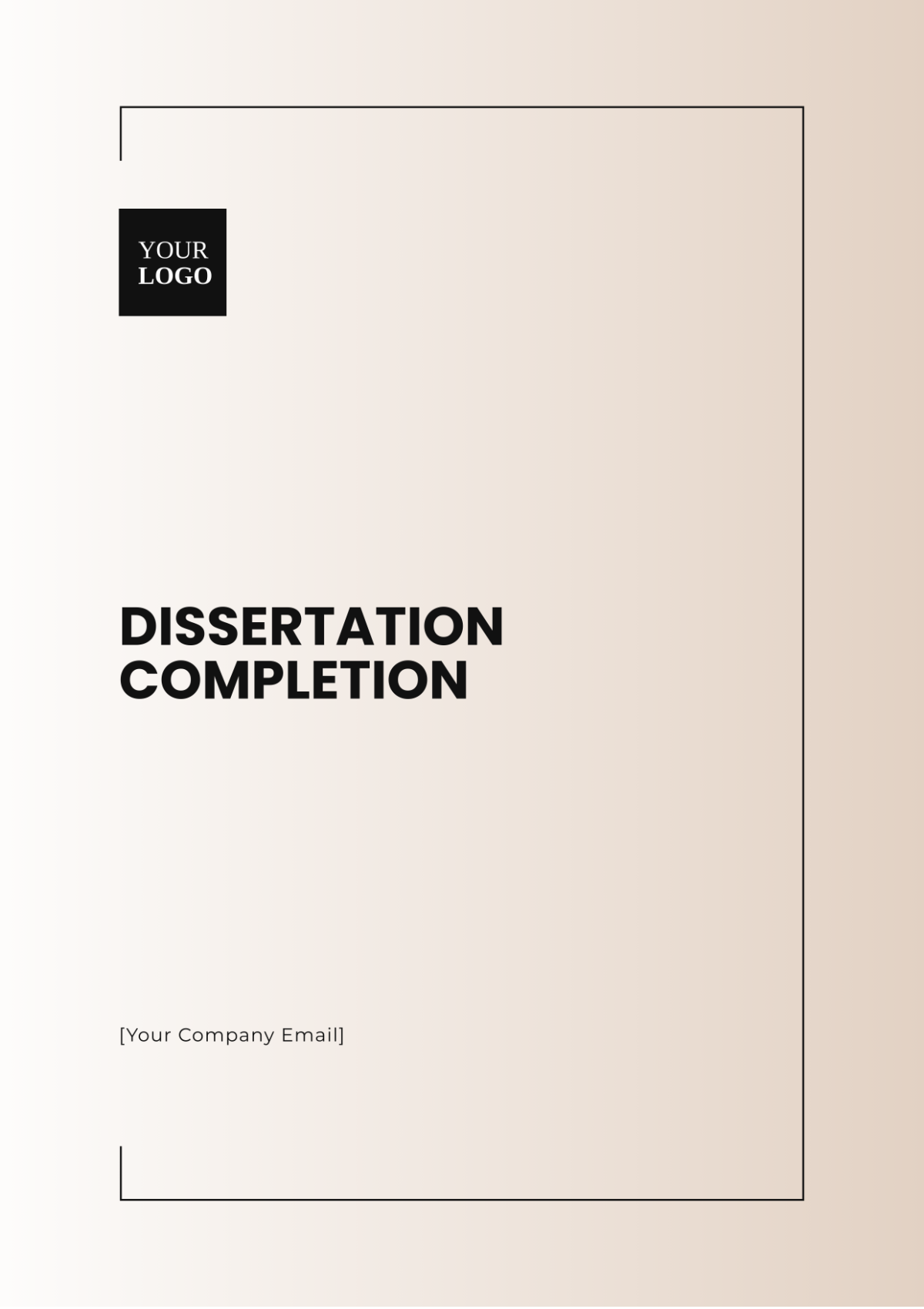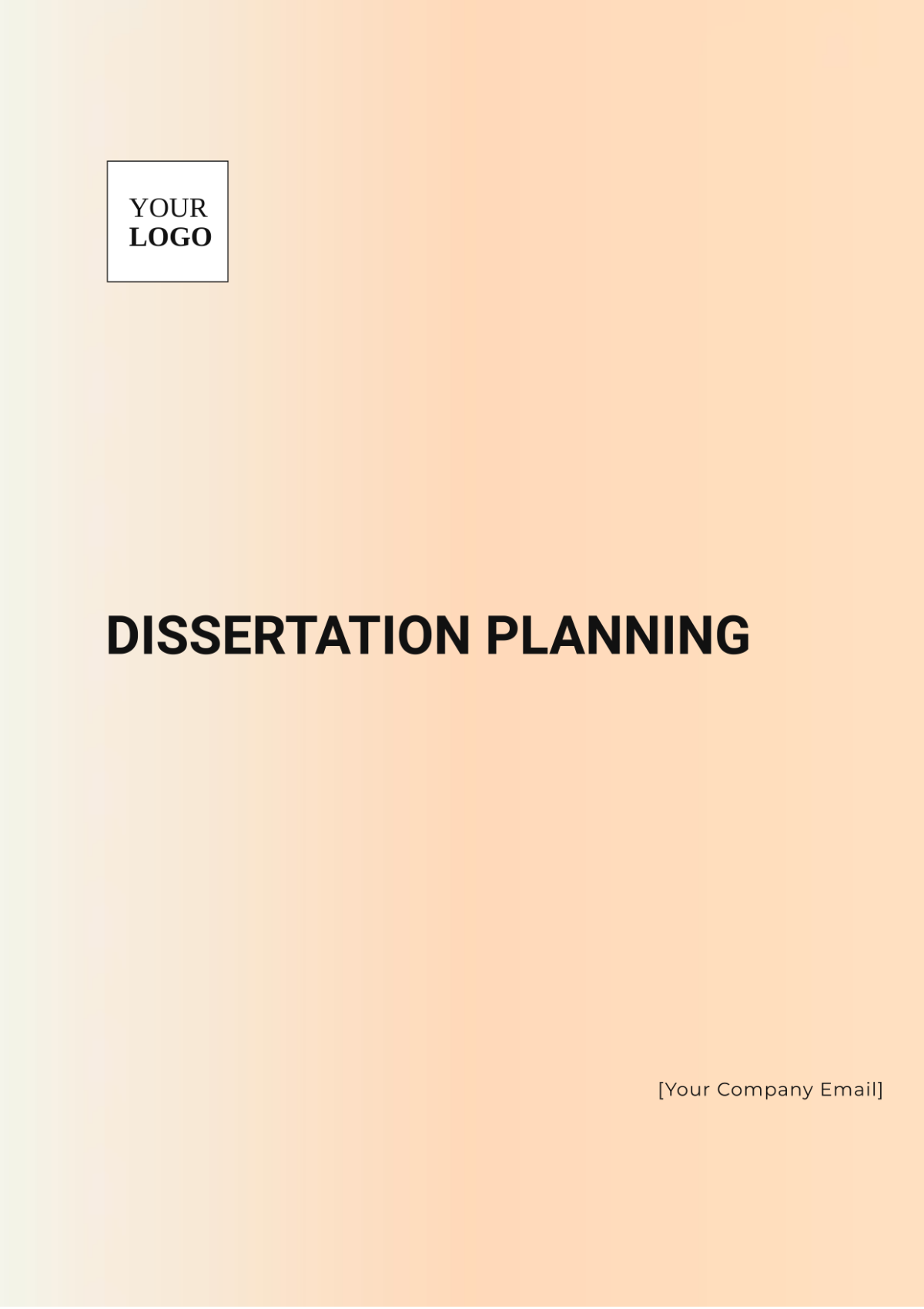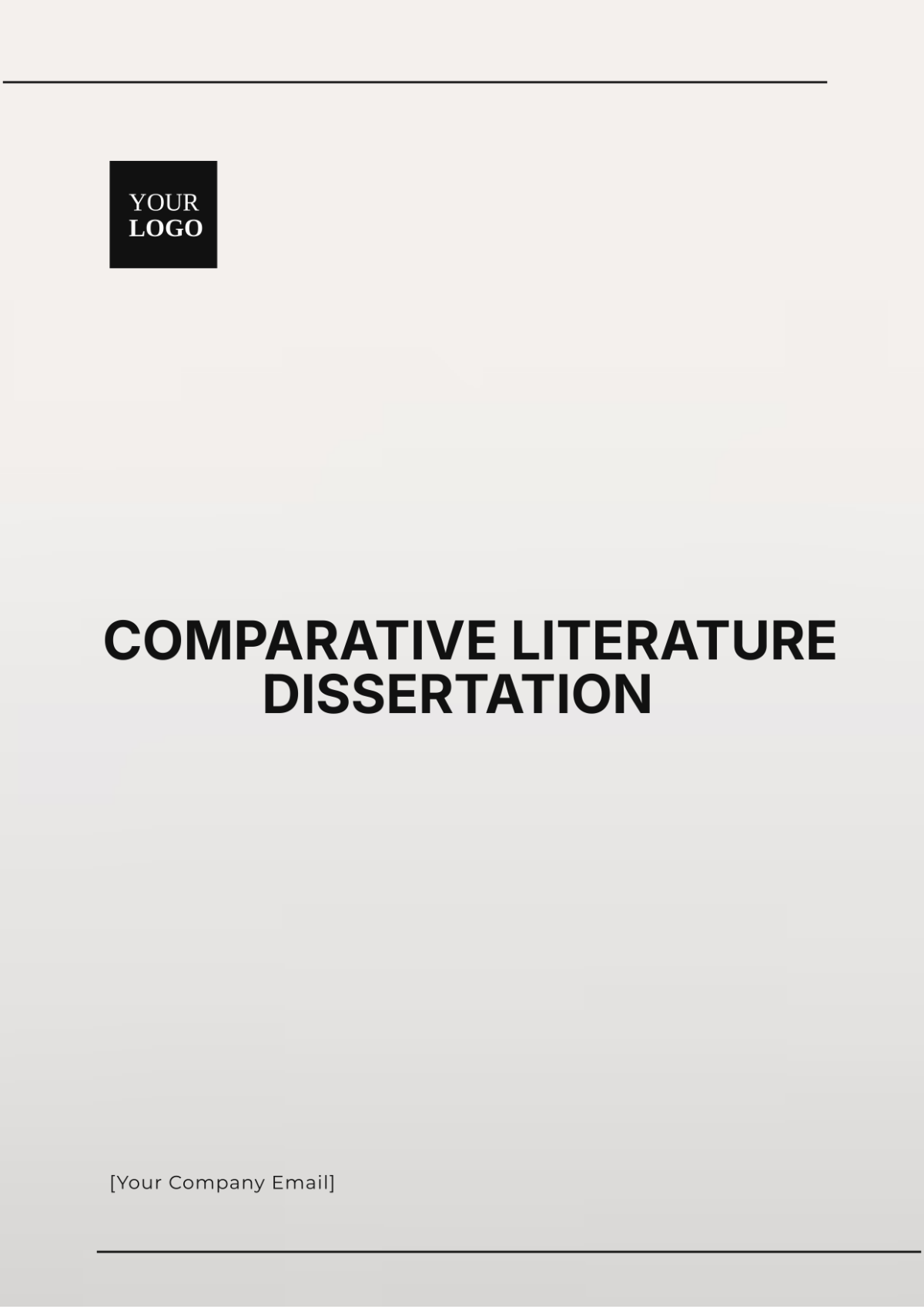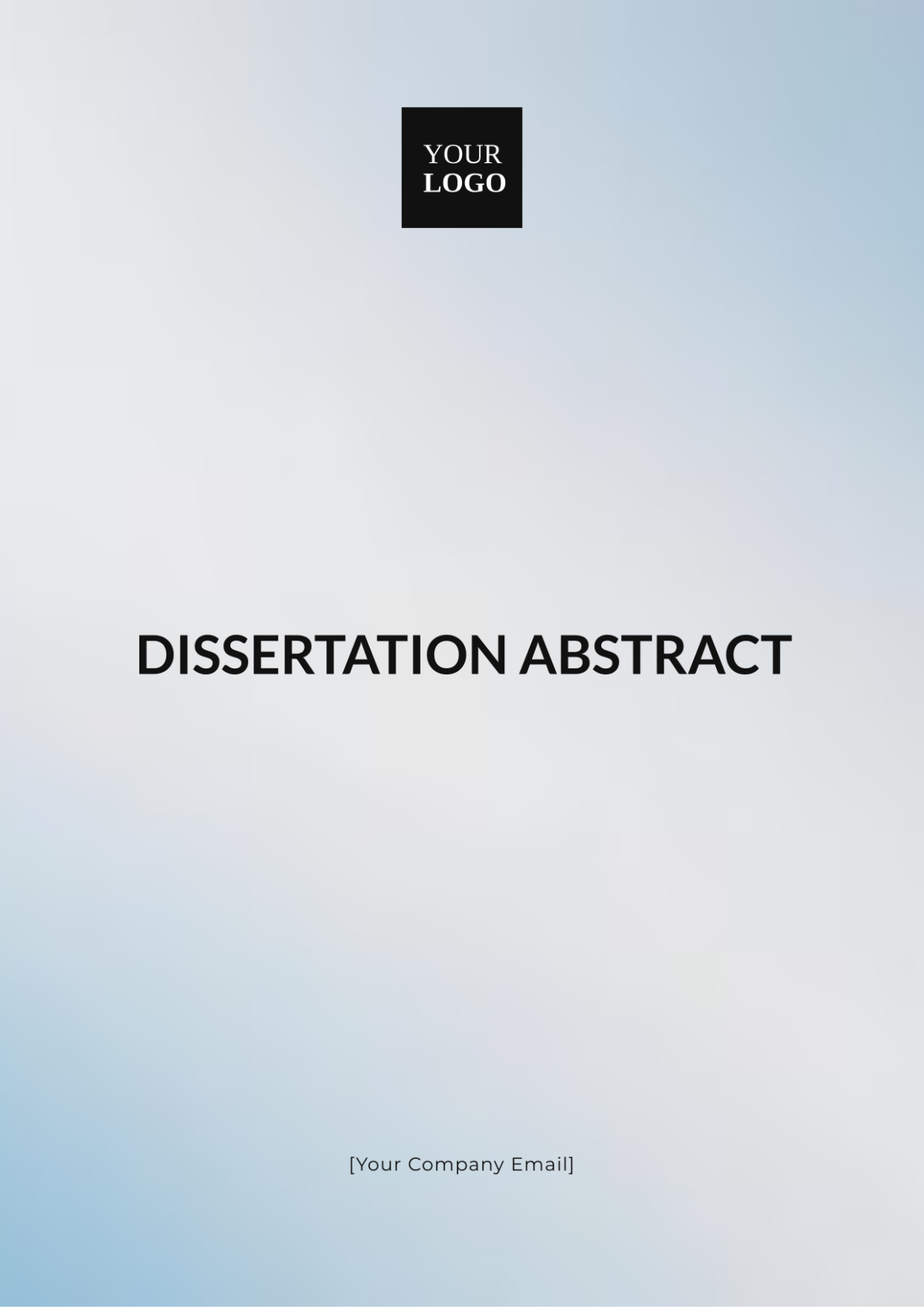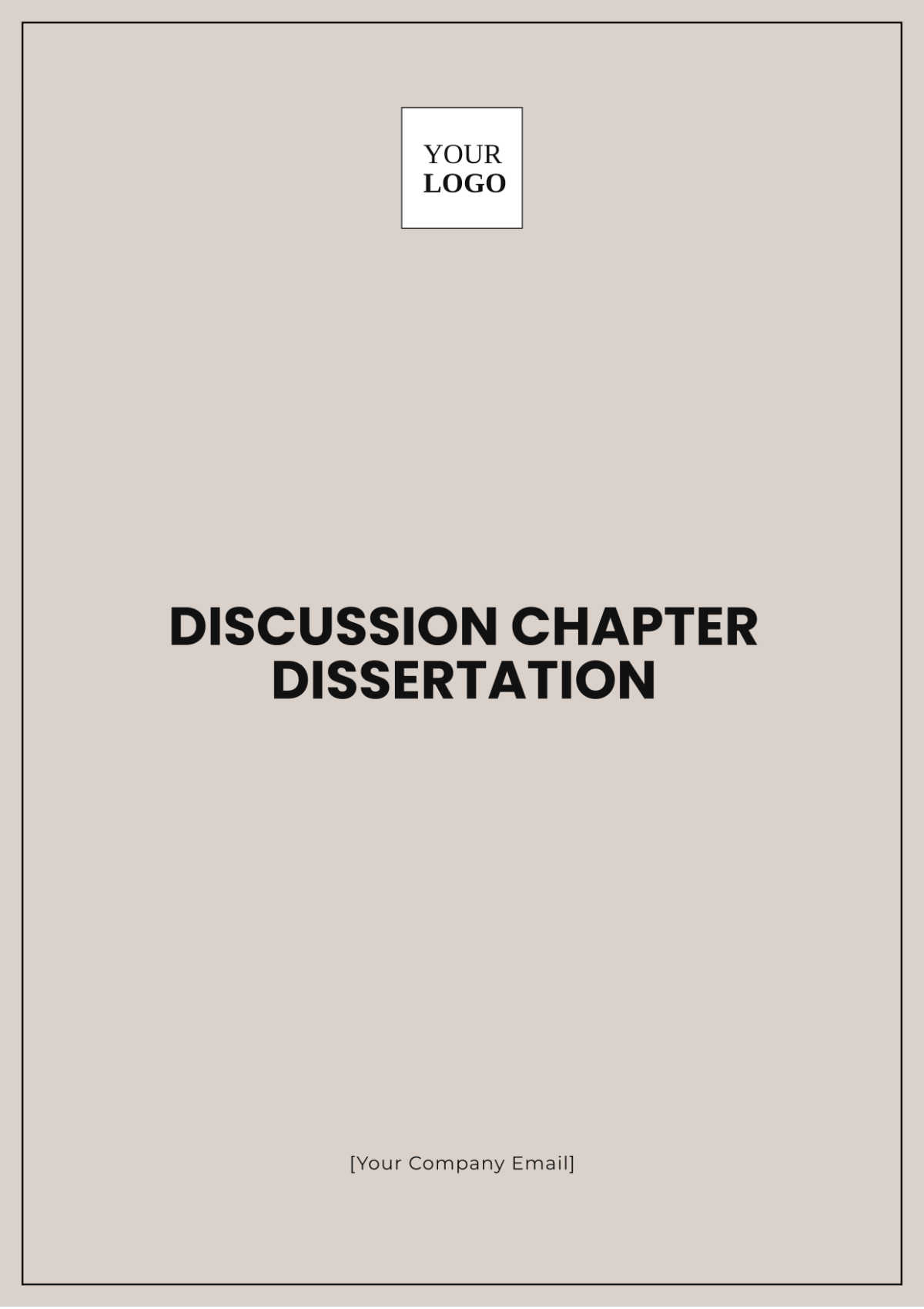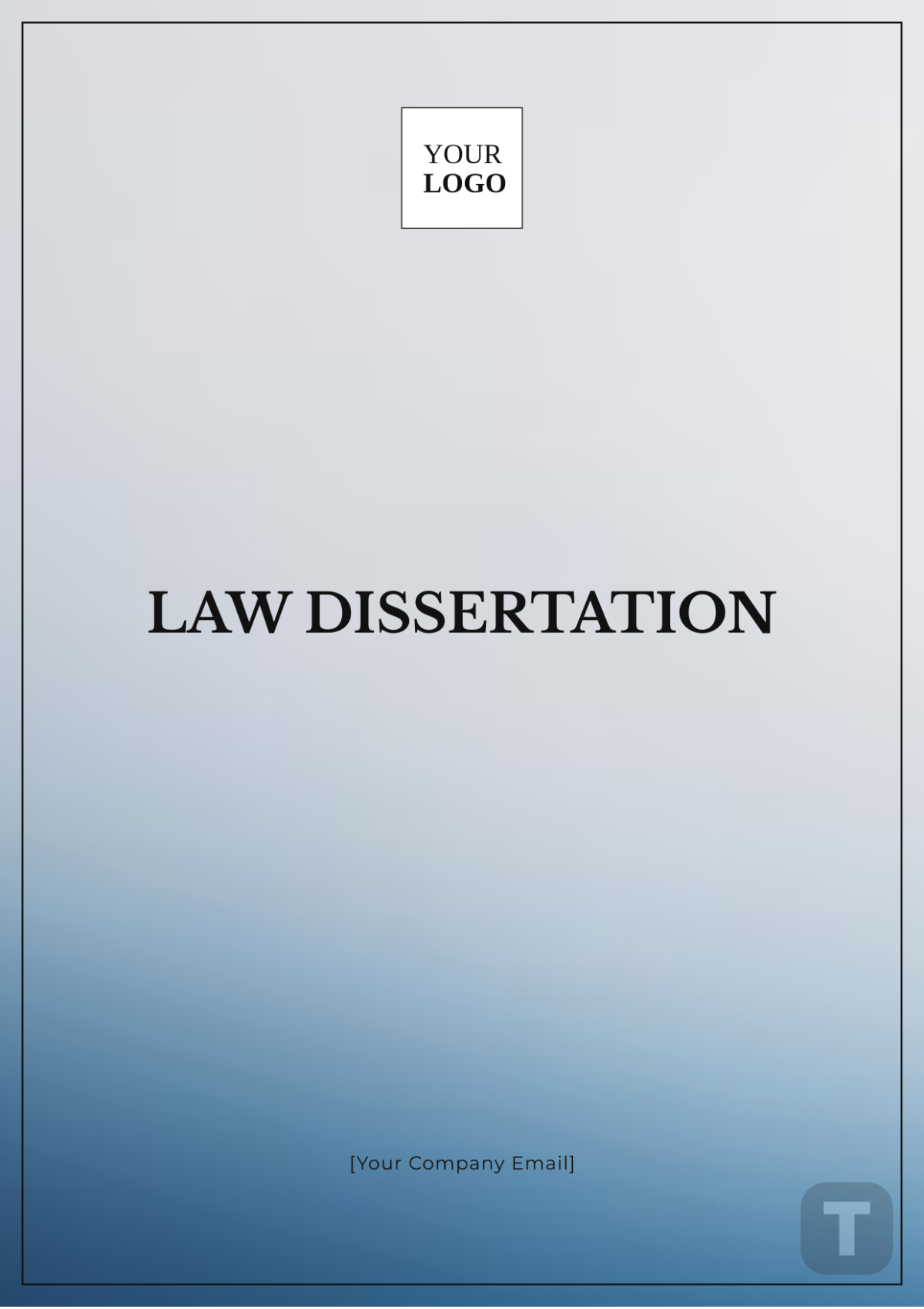Dissertation Planning
Prepared by: [Your Name]
Date: [Date]
I. Introduction
I.I Overview
This dissertation will explore the impact of social media marketing on consumer behavior in the fashion industry. With the rapid growth of social media platforms, brands increasingly rely on these channels to engage with consumers. This research will examine how social media influences consumer purchasing decisions, brand loyalty, and the overall consumer experience.
I.II Scope
The study will focus on the fashion industry, specifically targeting consumers aged 18-35 in urban areas. It will explore various social media platforms, including Instagram, Facebook, and TikTok, and analyze their effectiveness in driving consumer behavior.
I.III Purpose
The primary goal of this dissertation is to provide insights into the strategies that fashion brands can use to maximize their social media marketing efforts. The findings will contribute to the academic understanding of digital marketing and offer practical recommendations for industry professionals.
II. Objectives
II.I Primary Objectives
To analyze the relationship between social media marketing strategies and consumer purchasing decisions in the fashion industry.
To assess the impact of influencer marketing on brand loyalty among fashion consumers.
II.II Secondary Objectives
To evaluate the role of user-generated content in shaping consumer perceptions of fashion brands.
To identify the most effective social media platforms for engaging with fashion consumers.
III. Literature Review
III.I Background
The literature review will cover existing studies on social media marketing, consumer behavior, and the fashion industry. Key theories, such as the Theory of Planned Behavior and the Technology Acceptance Model, will be explored to understand consumer motivations and attitudes toward social media marketing.
III.II Gaps in Research
While previous research has examined social media marketing, there is a lack of studies focused specifically on the fashion industry and its unique consumer base. Additionally, the role of newer platforms like TikTok in shaping consumer behavior has not been extensively studied.
III.III Theoretical Framework
This research will be grounded in the Theory of Planned Behavior, which suggests that an individual's attitude toward a behavior, subjective norms, and perceived behavioral control influence their intention to engage in that behavior. This theory will be used to analyze how social media marketing influences consumer intentions to purchase fashion products.
IV. Methodology
IV.I Research Design
A mixed-methods approach will be employed, combining both qualitative and quantitative research methods. Surveys will be used to gather quantitative data on consumer behavior, while in-depth interviews with industry professionals will provide qualitative insights.
IV.II Data Collection
Surveys: A structured questionnaire will be distributed to 500 fashion consumers via online platforms. The survey will measure variables such as social media usage, purchasing behavior, and brand loyalty.
Interviews: Semi-structured interviews will be conducted with 10 marketing professionals from leading fashion brands to gain insights into their social media strategies and challenges.
IV.III Sampling Strategy
Quantitative Data: Statistical analysis will be performed using SPSS software to identify correlations and trends in consumer behavior.
Qualitative Data: Thematic analysis will be used to identify key themes and patterns from the interview transcripts.
IV.IV Ethical Considerations
Participants will be informed of the study's purpose, and informed consent will be obtained. Data will be anonymized to protect participant privacy, and ethical approval will be sought from the university's ethics committee.
V. Timeline
Milestone | Deadline |
|---|---|
Literature Review Completion | September 2050 |
Data Collection | November 2050 |
Data Analysis | January 2051 |
Drafting of Chapters | March 2051 |
Final Dissertation Submission | May 2051 |
Each milestone will have specific deadlines to ensure timely progress. Regular check-ins with the dissertation advisor will be scheduled to monitor progress and address any issues.
VI. Resources
VI.I Academic Resources
Access to academic journals through university databases such as JSTOR, Springer, and ScienceDirect.
Books on digital marketing, consumer behavior, and research methodologies available in the university library.
VI.II Technical Resources
SPSS software for statistical analysis.
NVivo software for qualitative data analysis.
Online survey tools like Google Forms or SurveyMonkey for data collection.
VI.III Support Resources
Regular meetings with the dissertation advisor for guidance.
Peer support from fellow students for feedback and discussions.
Access to writing support services offered by the university.
VII. Potential Challenges
VII.I Research-Related Challenges
Data Collection: Ensuring a sufficient response rate for the survey may be challenging, especially with online distribution.
Access to Participants: Gaining access to busy marketing professionals for interviews may require multiple follow-ups and scheduling flexibility.
VII.II Time Management
Balancing dissertation work with other academic and personal responsibilities may be difficult. Strict adherence to the timeline and regular progress reviews will be crucial.
VII.III Contingency Plans
If survey response rates are low, the sample size may be expanded, or additional incentives may be offered to participants.
If interviews with industry professionals are difficult to secure, alternative experts or secondary data sources may be considered.
VIII. References
Below is a list of references to support the information presented in this dissertation planning guide:
Ajzen, I. (2050). The Theory of Planned Behavior. Organizational Behavior and Human Decision Processes, 50(2), 179-211.
Kaplan, A. M., & Haenlein, M. (2051). Users of the world, unite! The challenges and opportunities of Social Media. Business Horizons, 53(1), 59-68.
